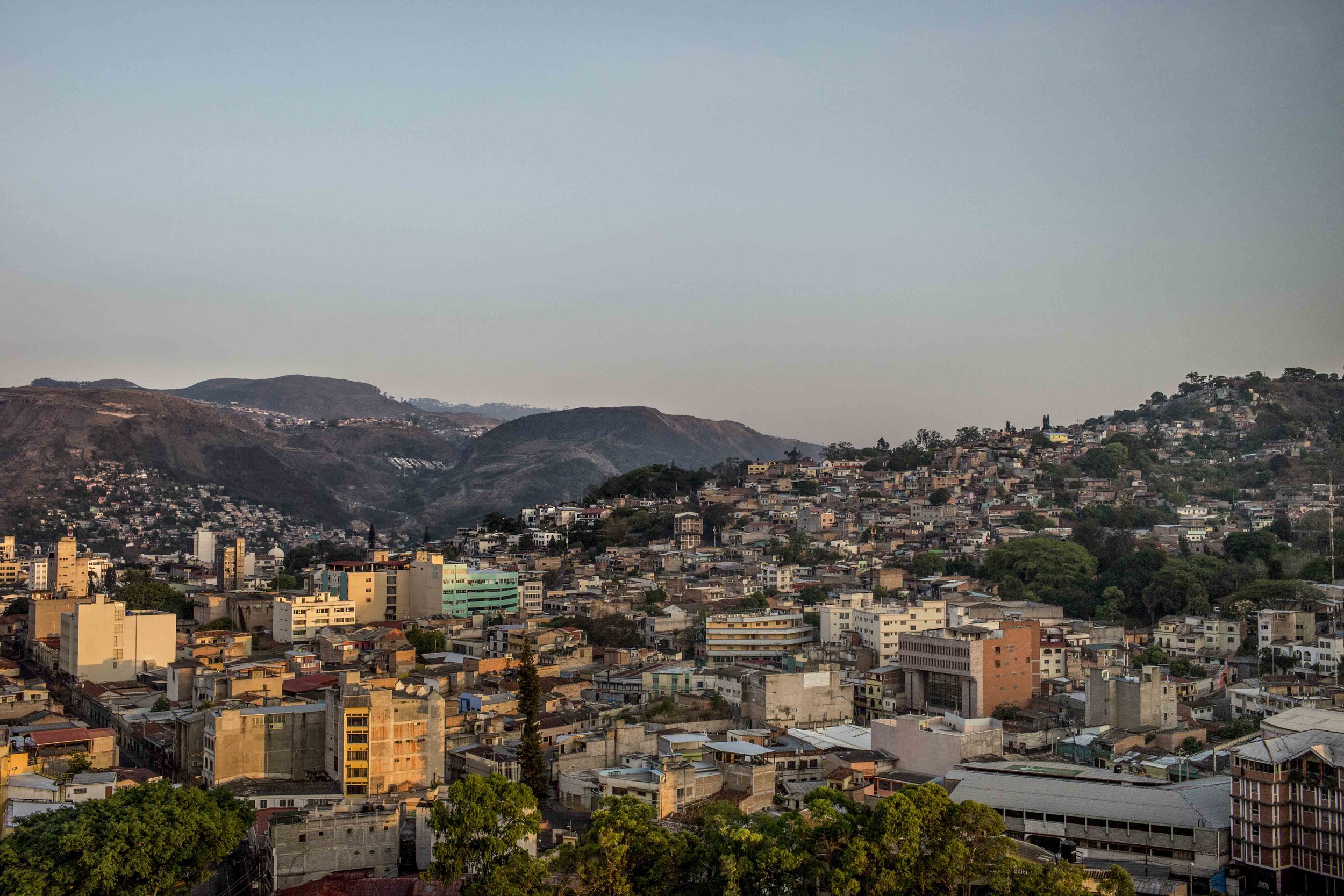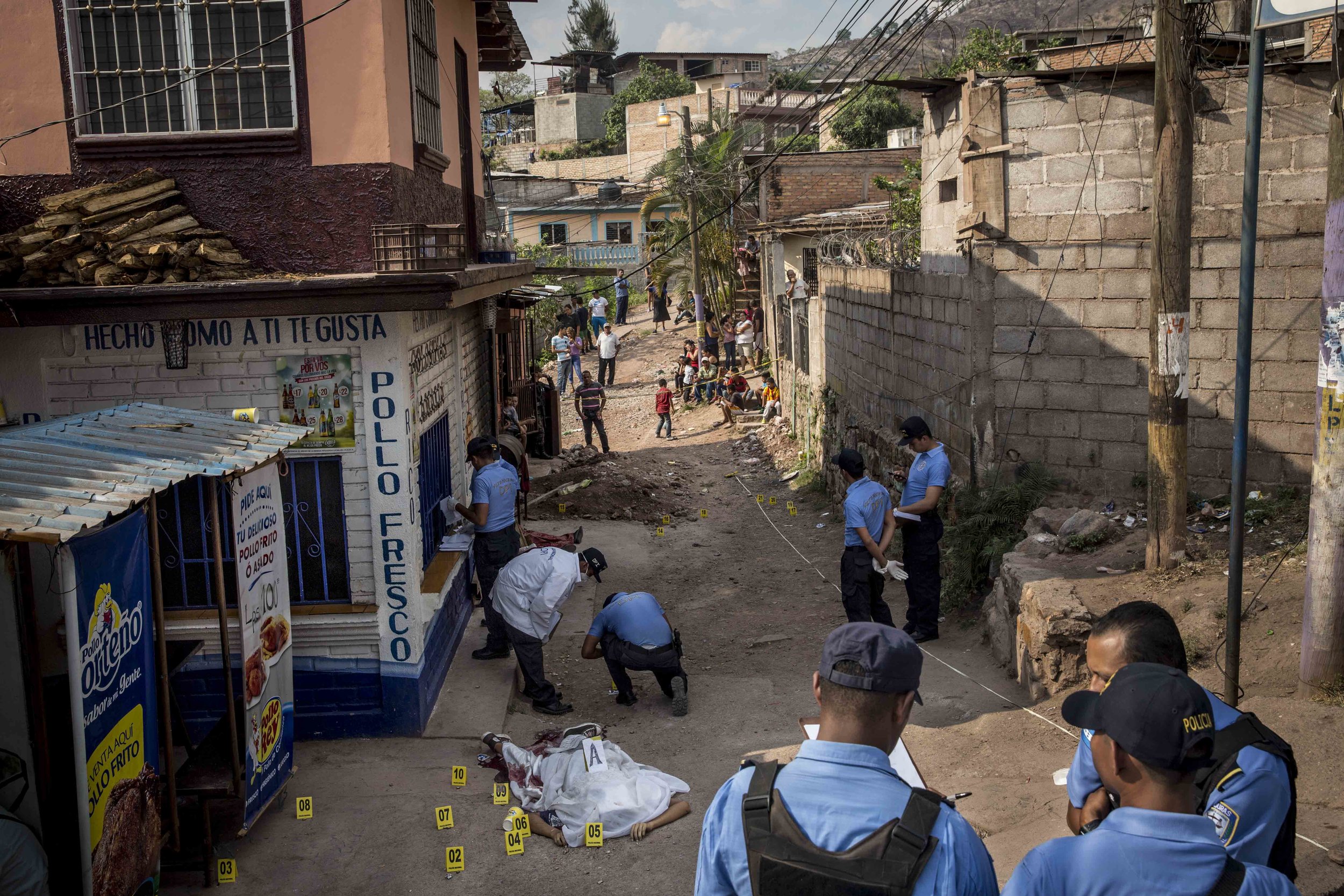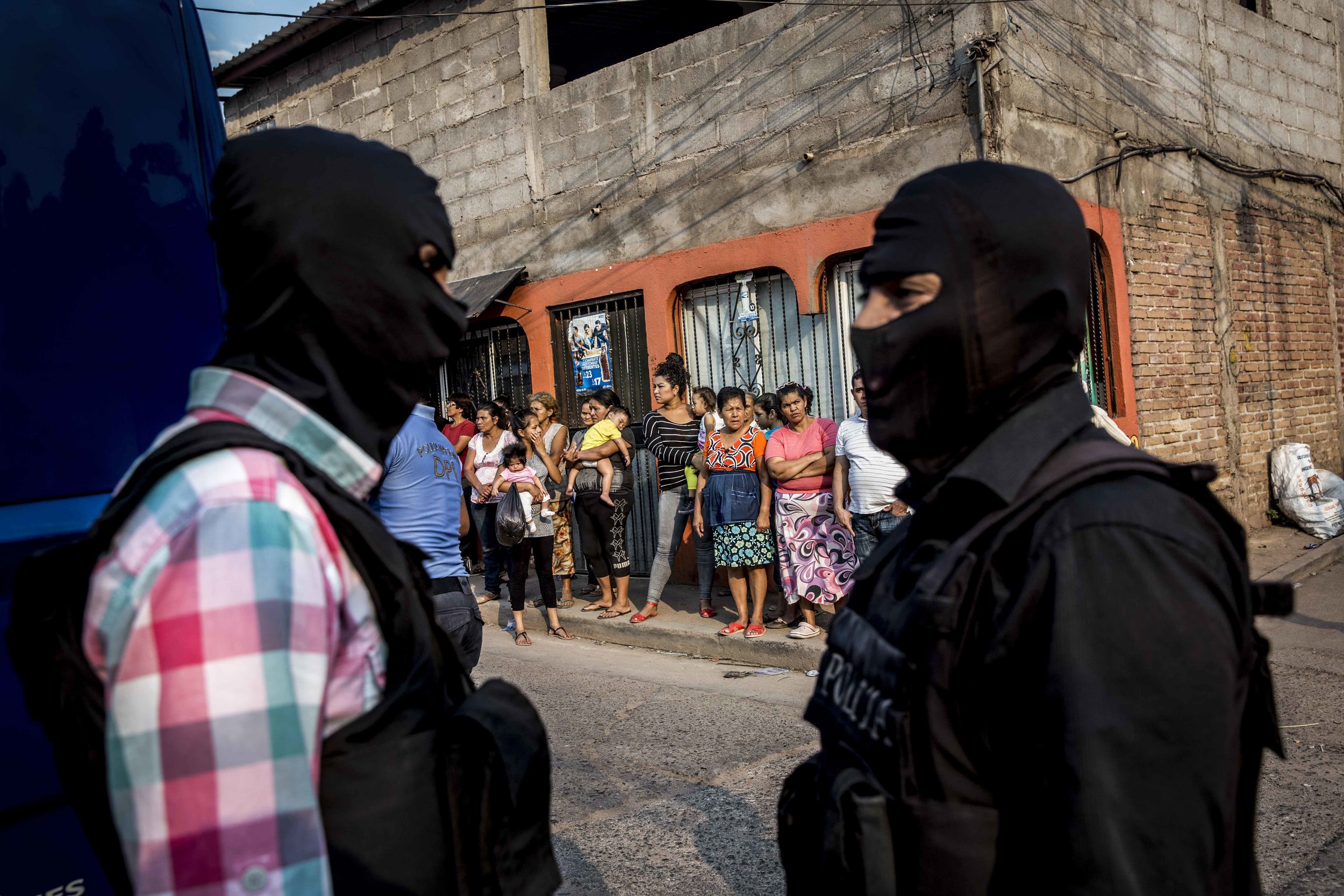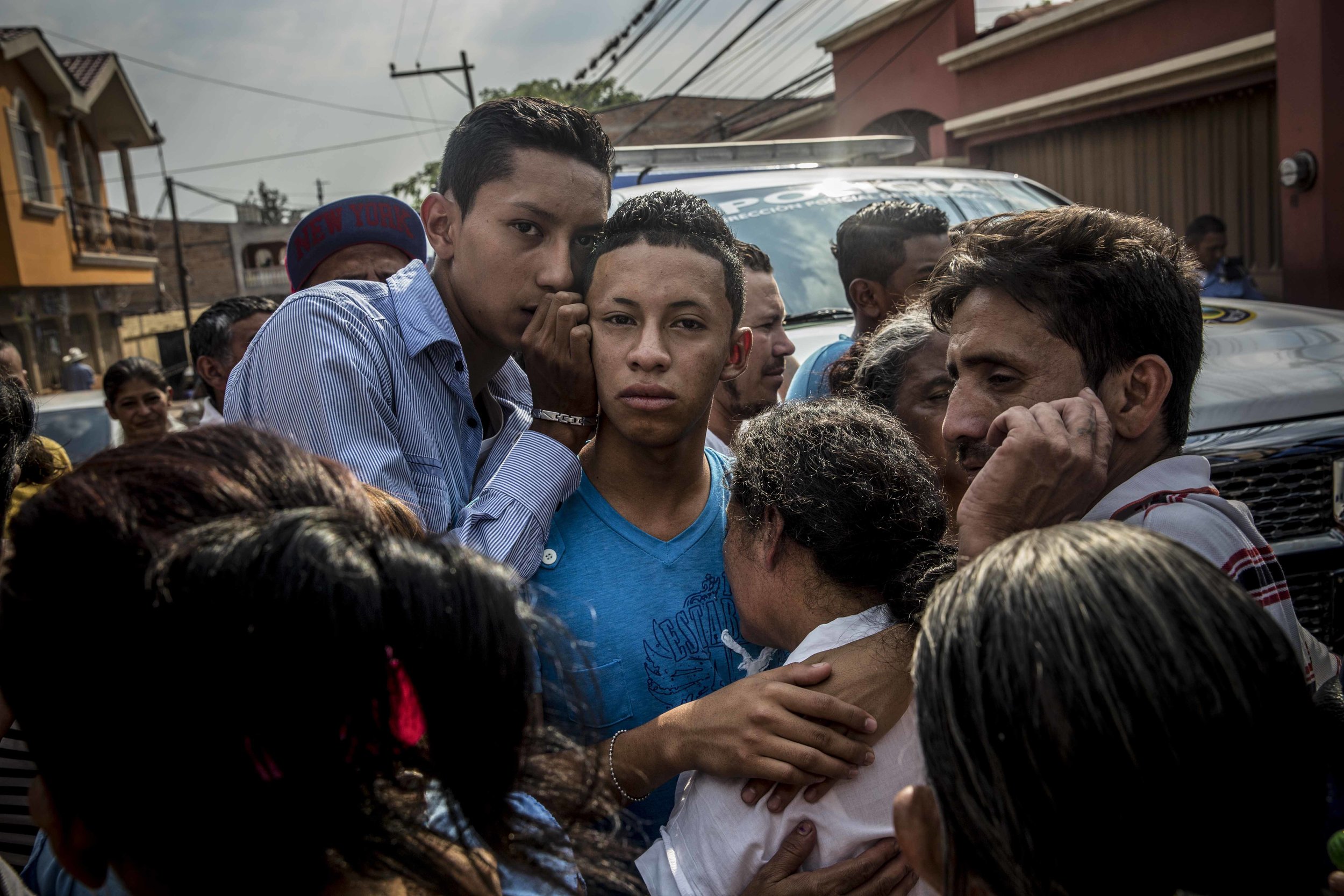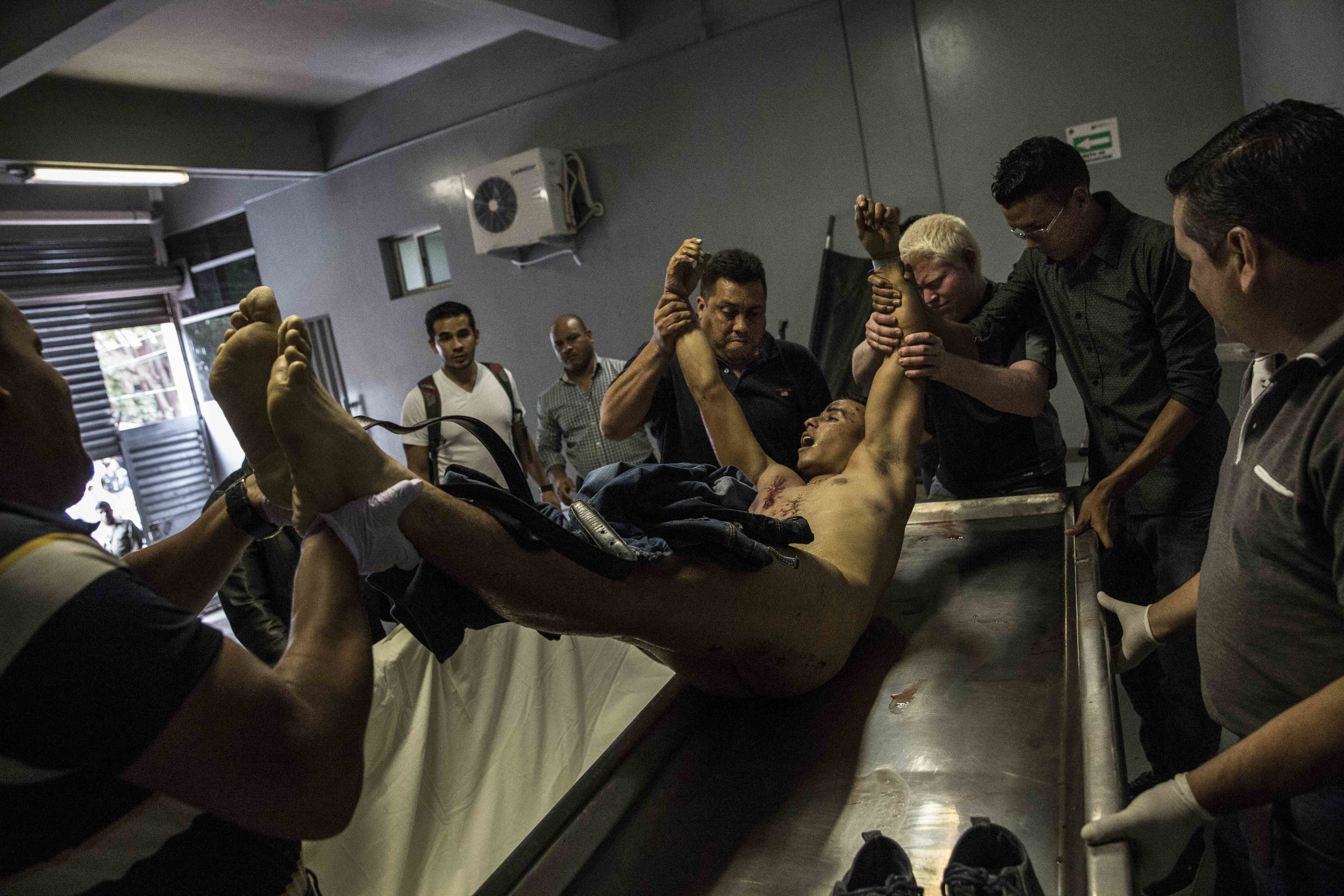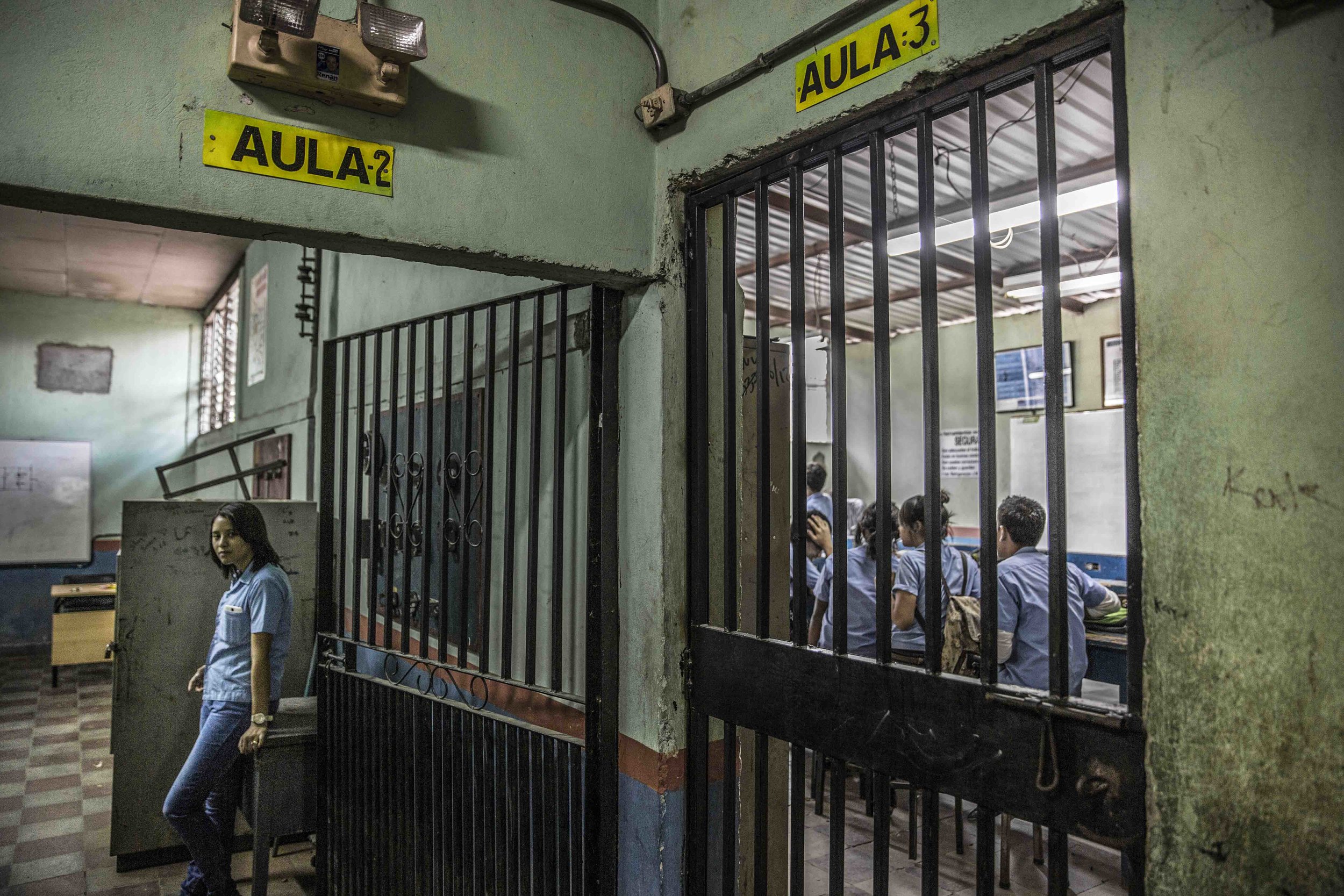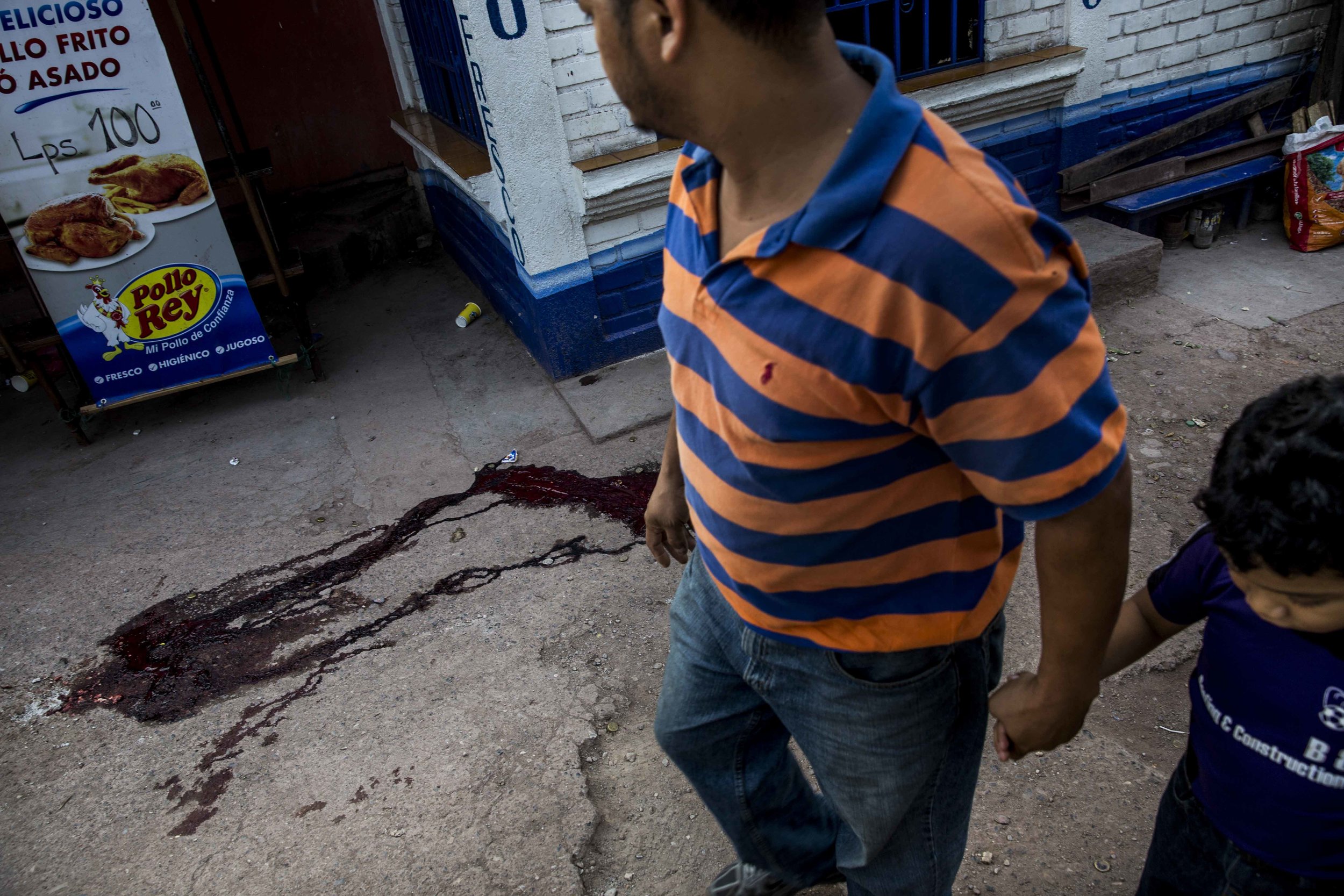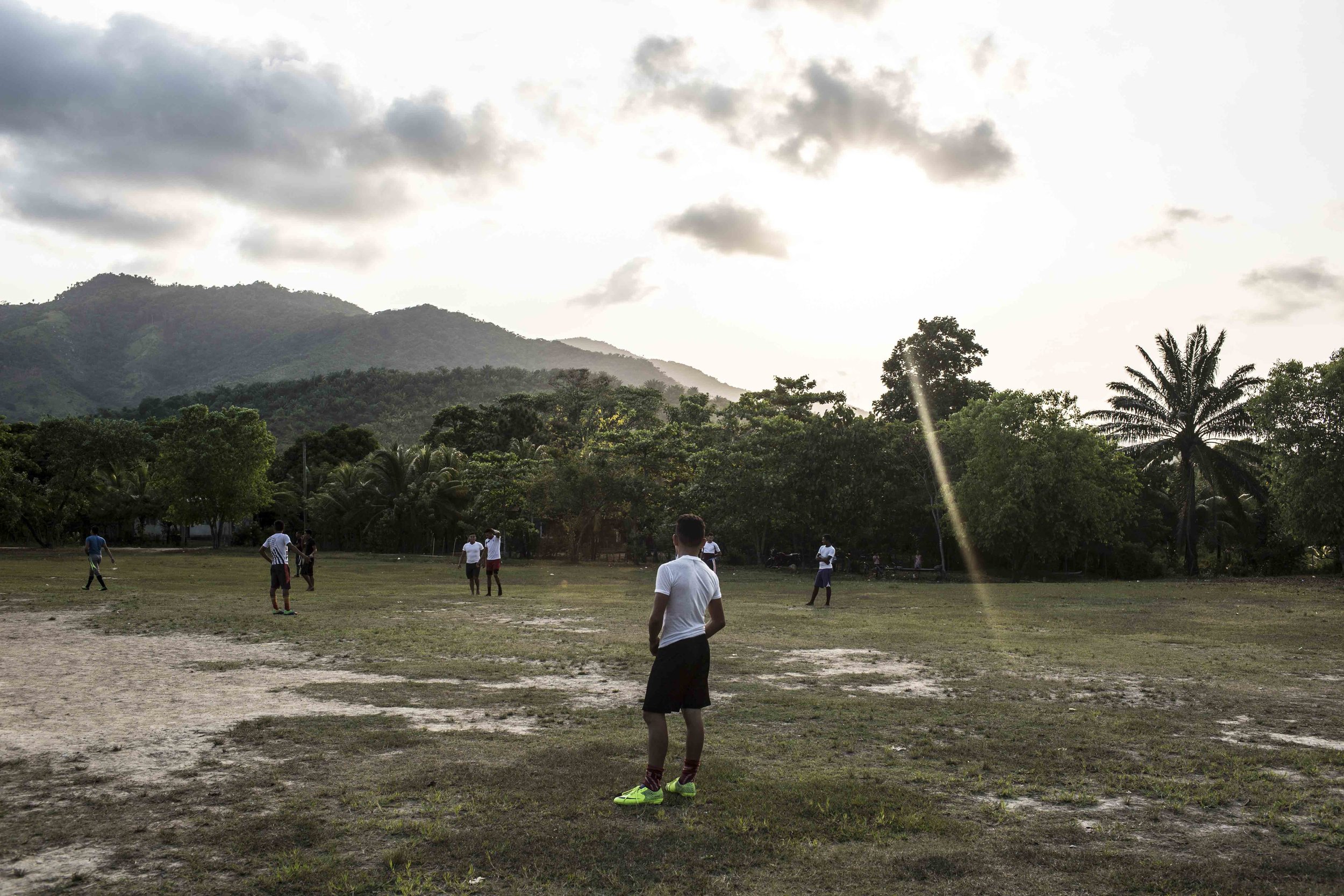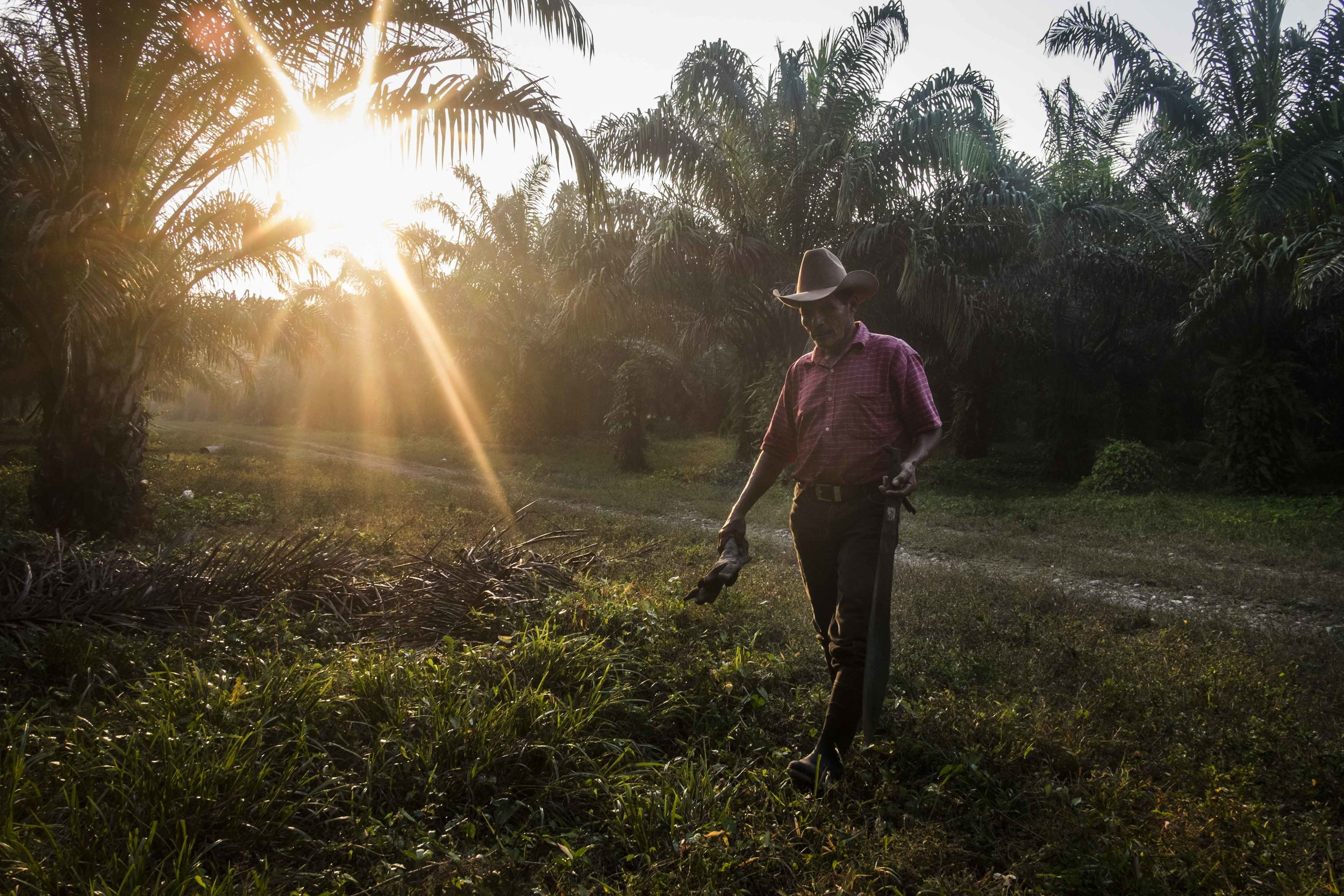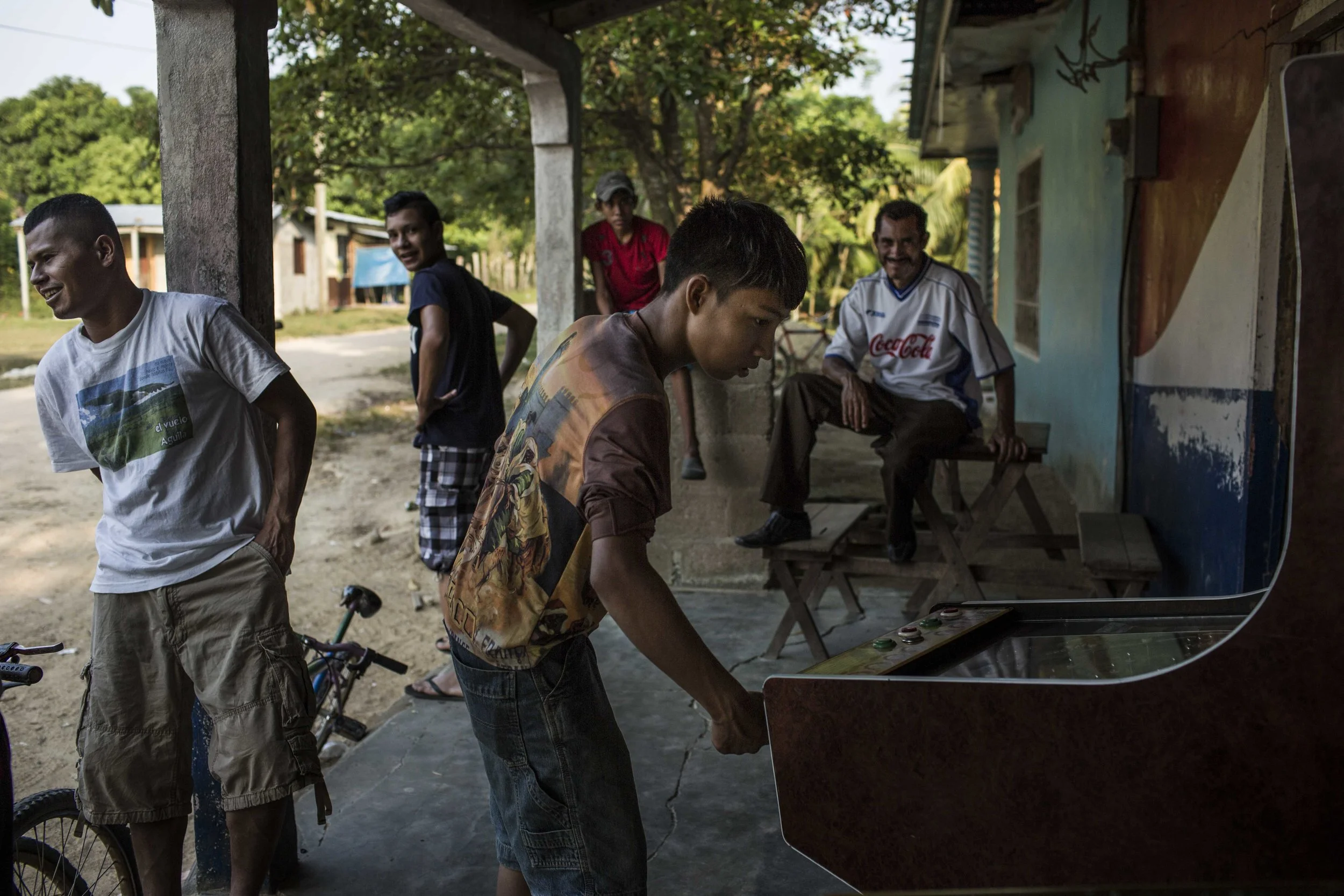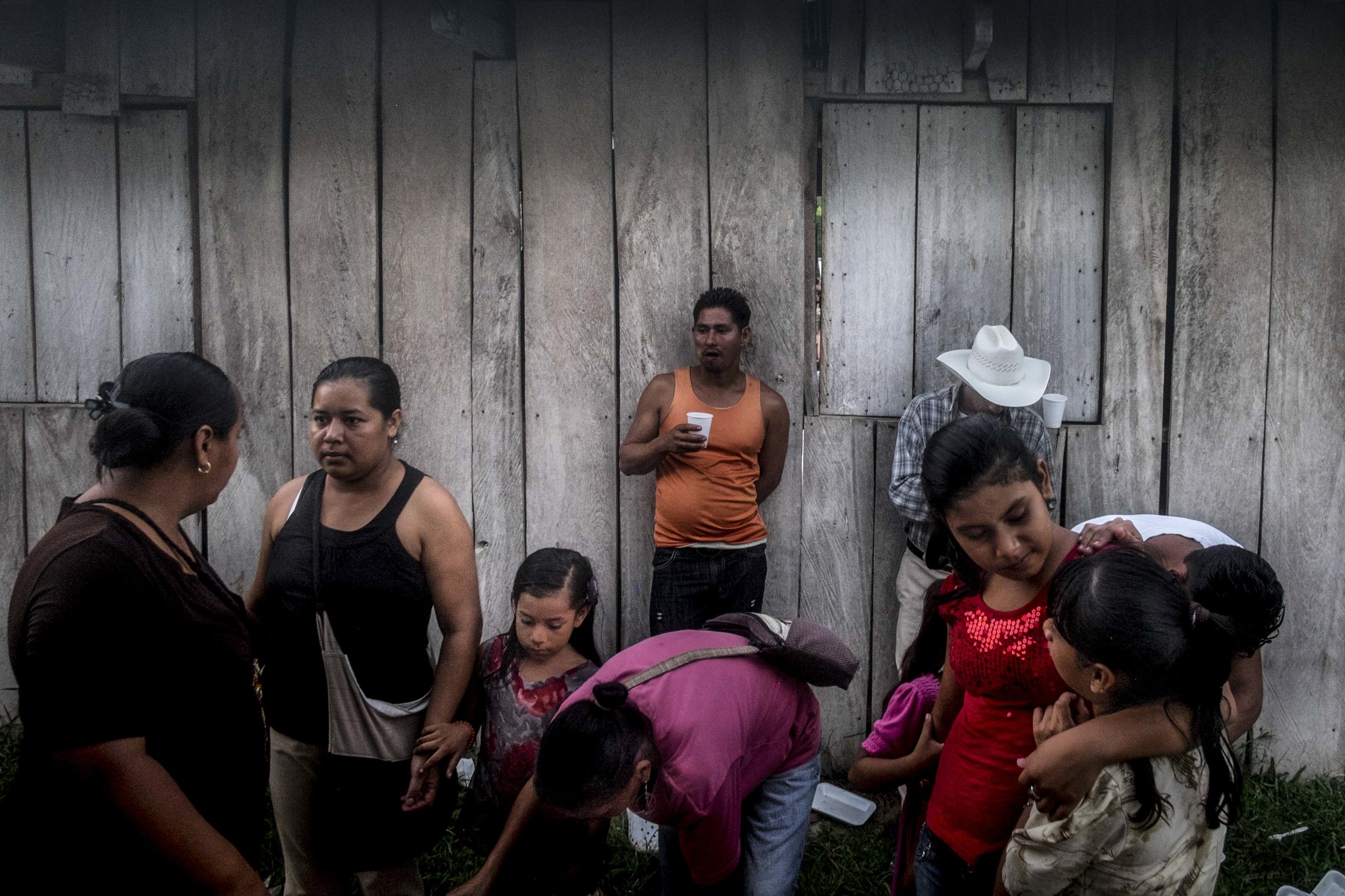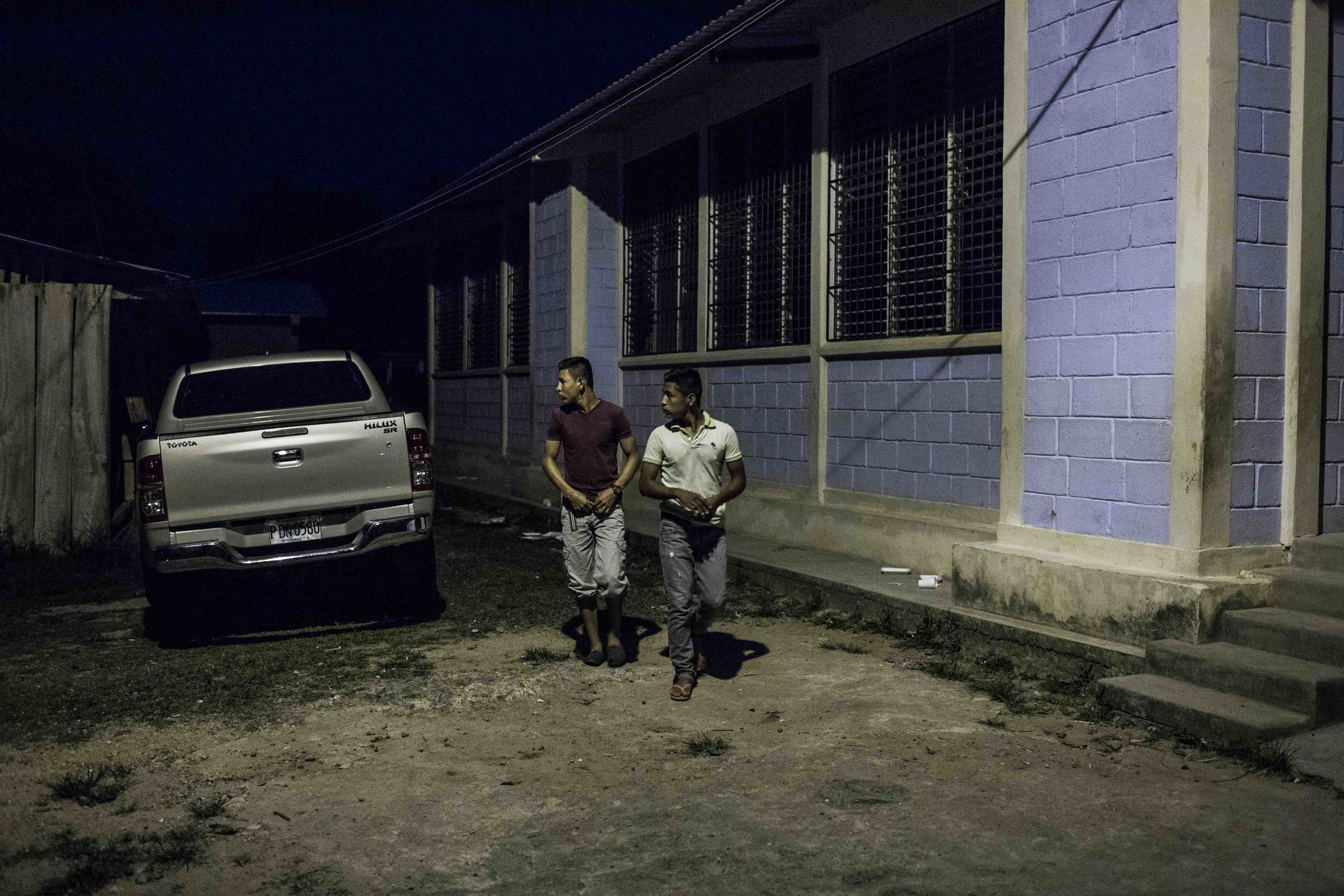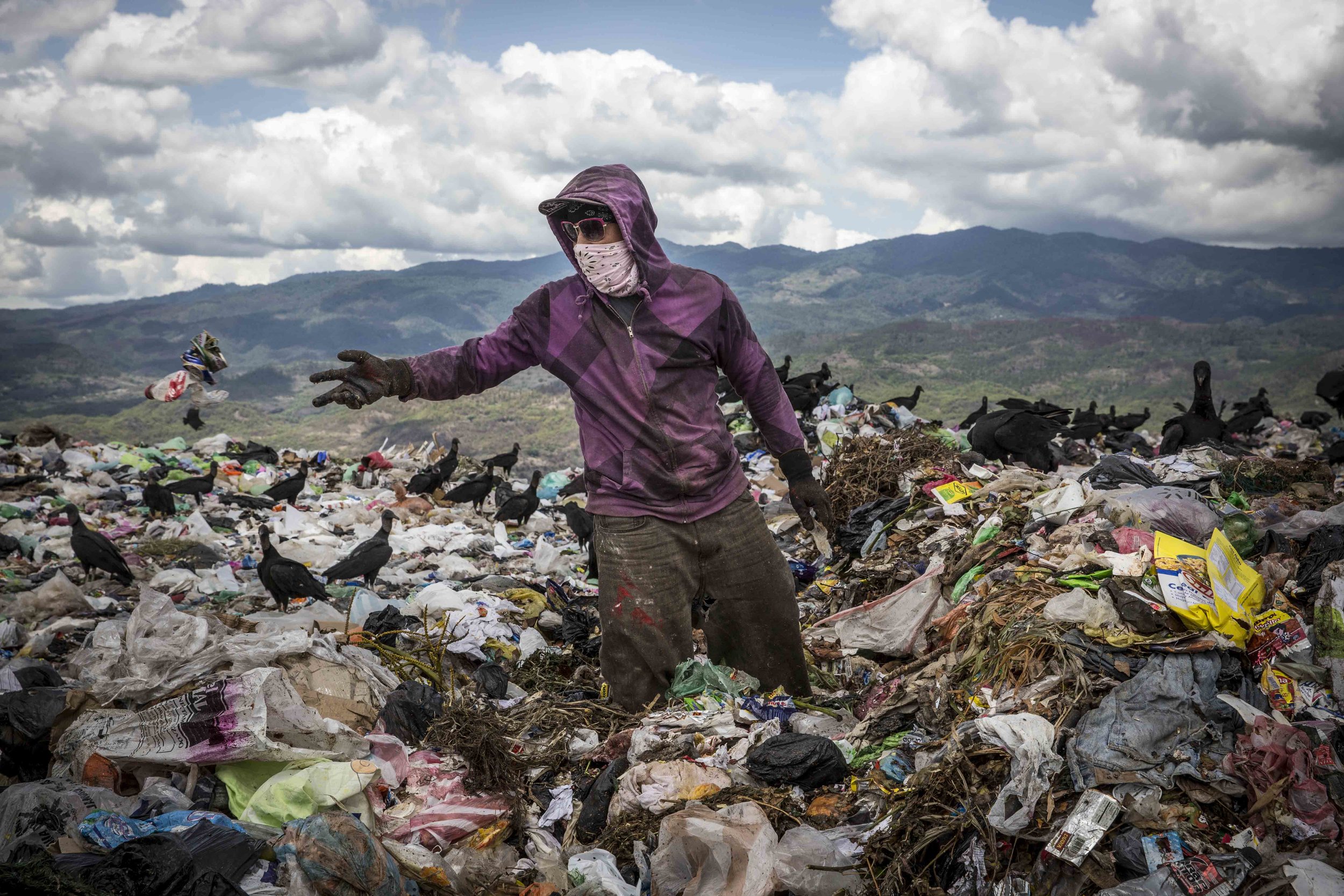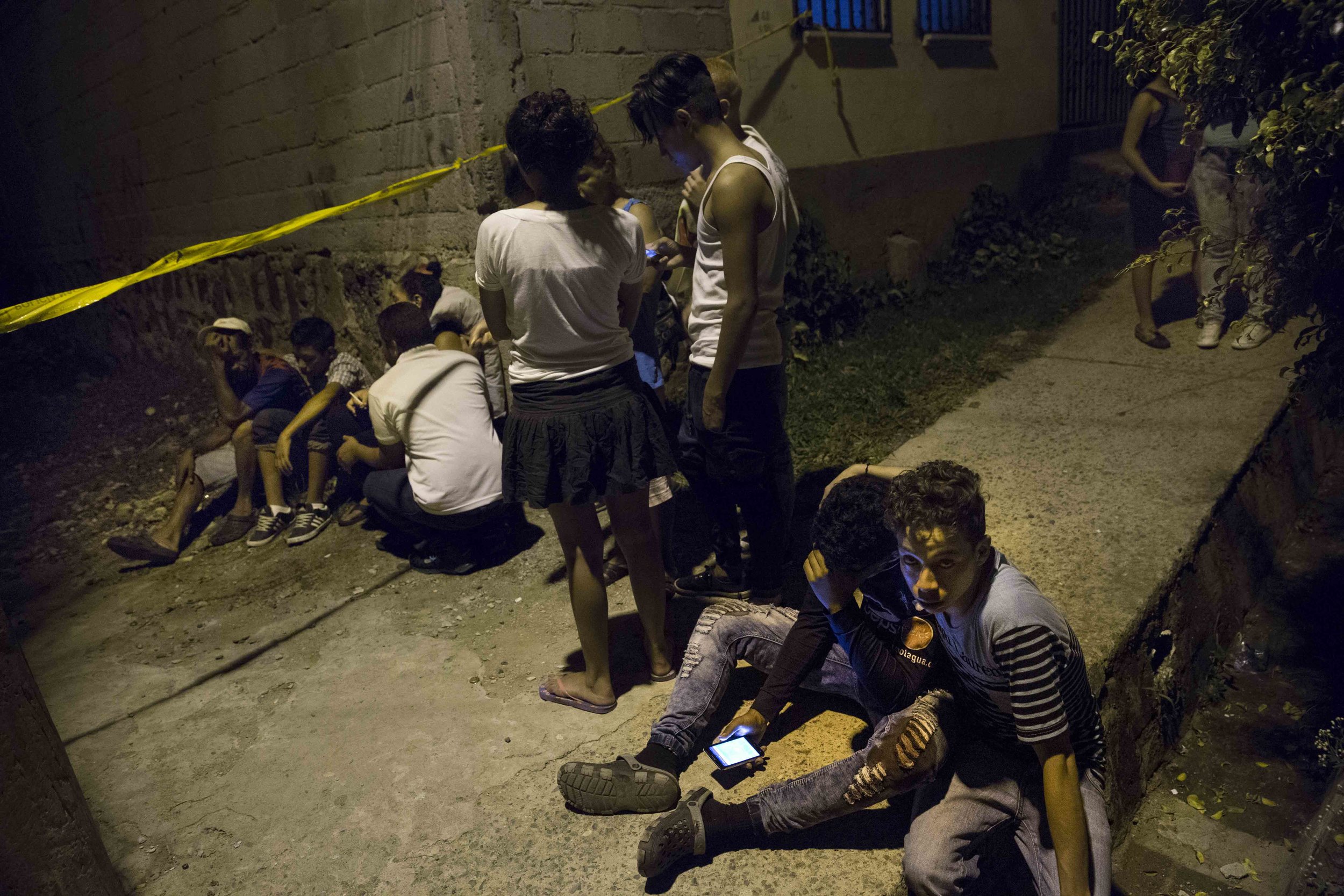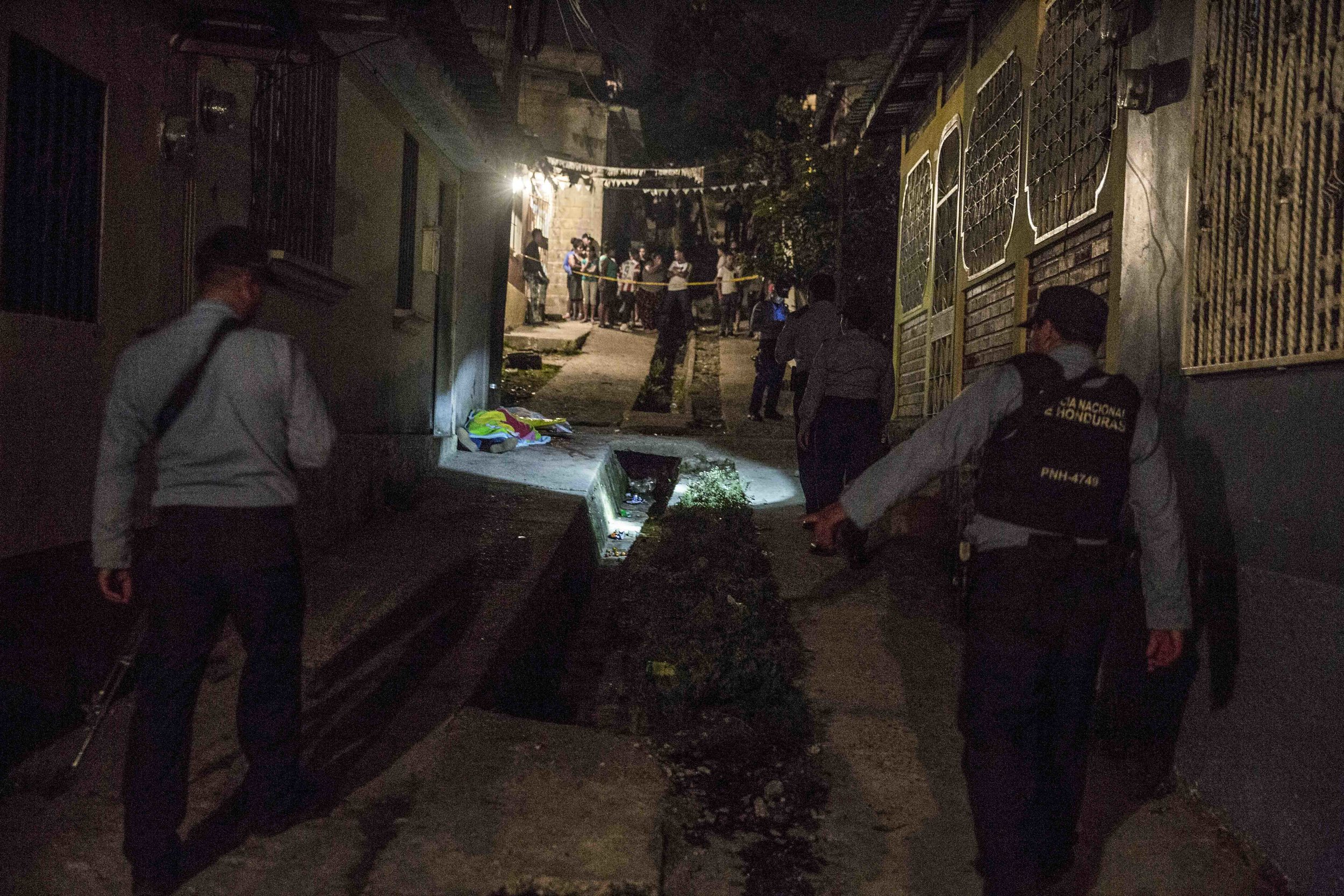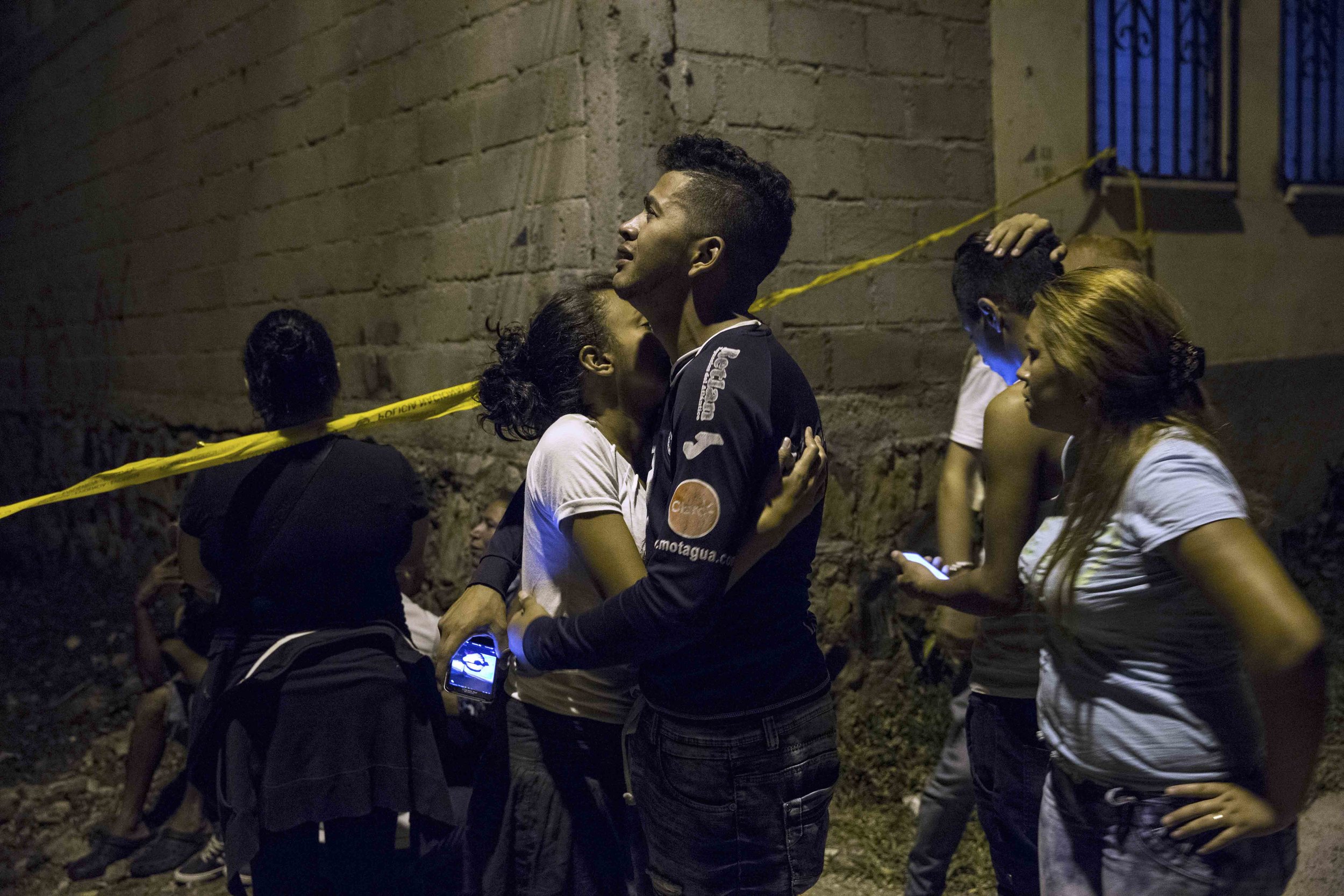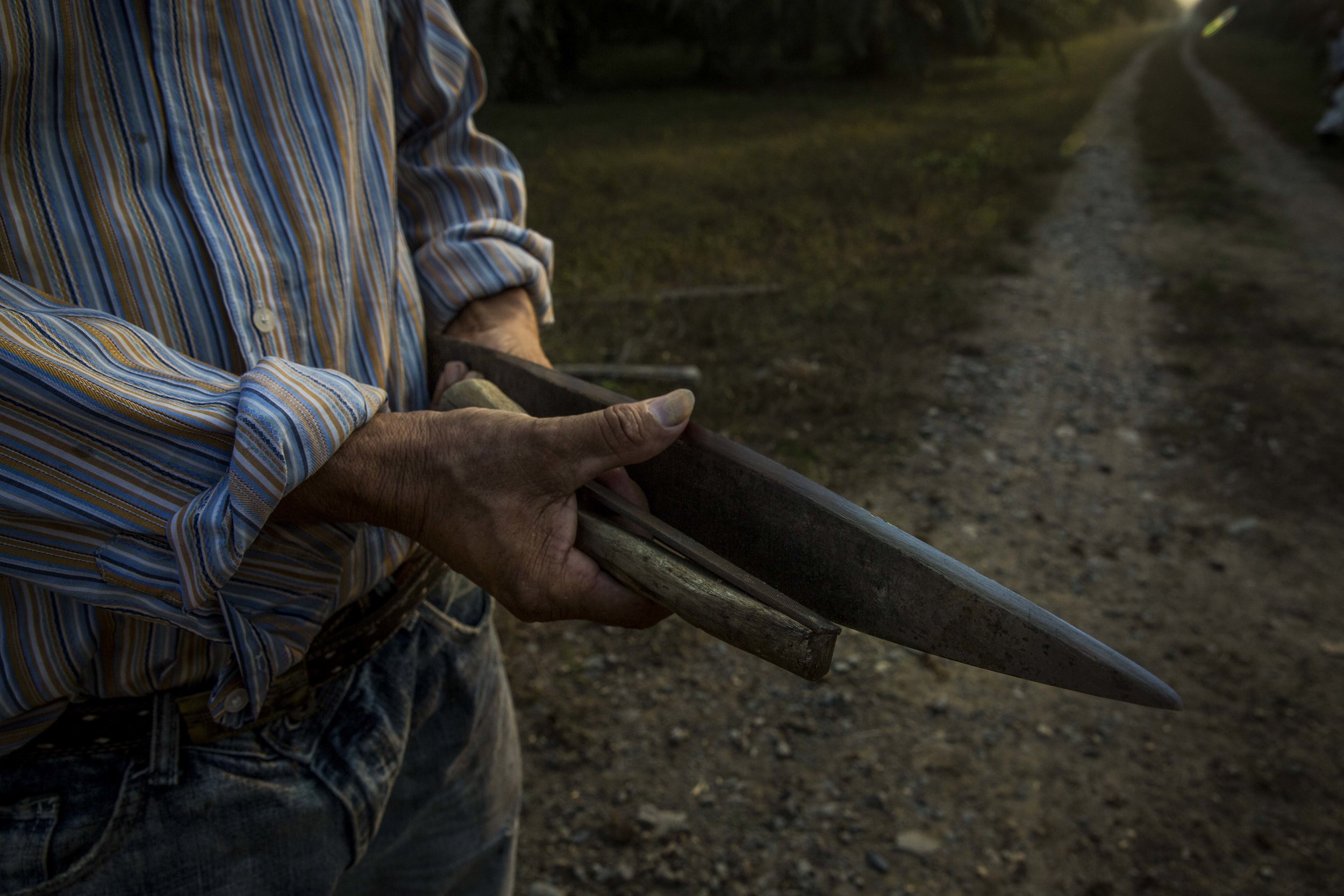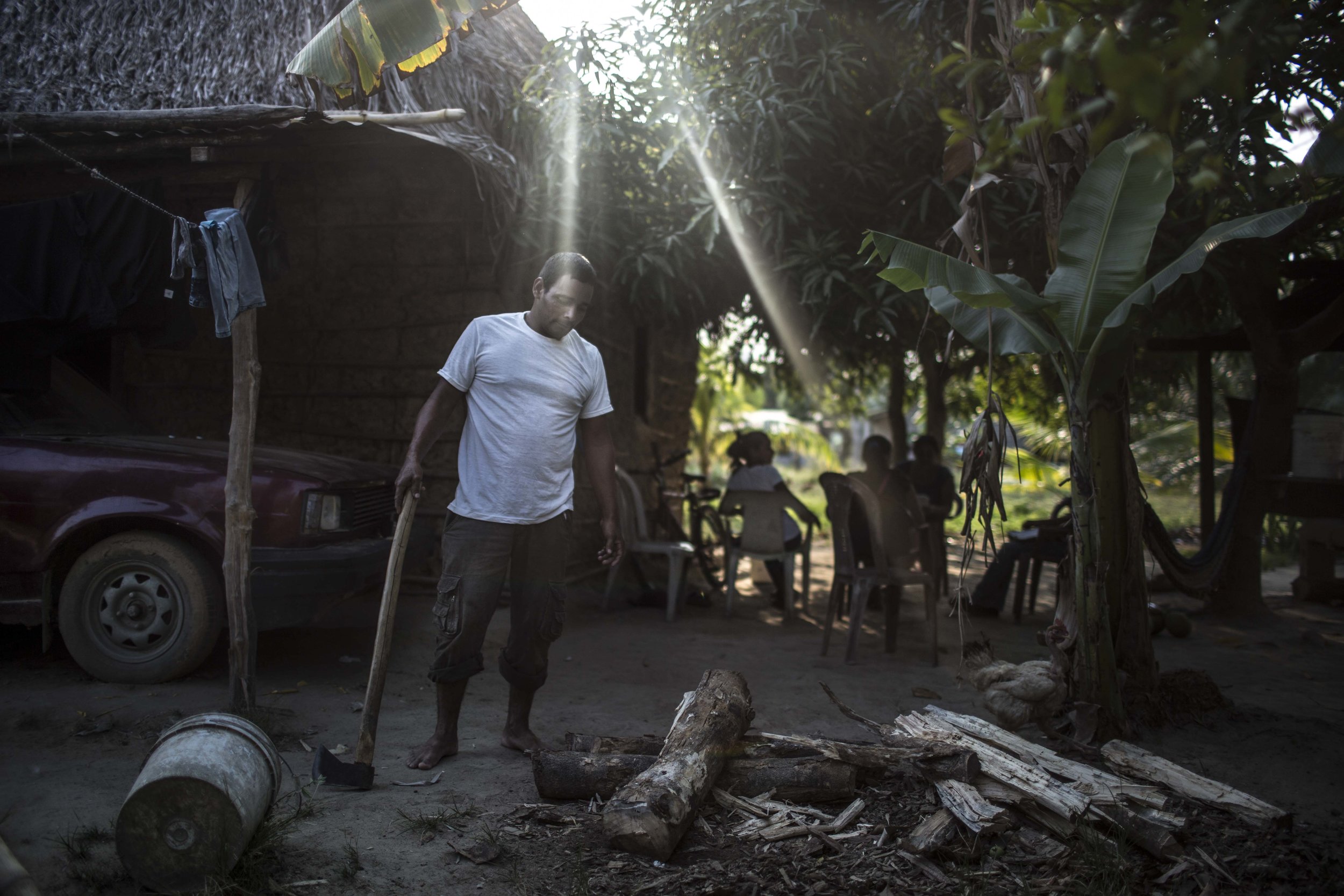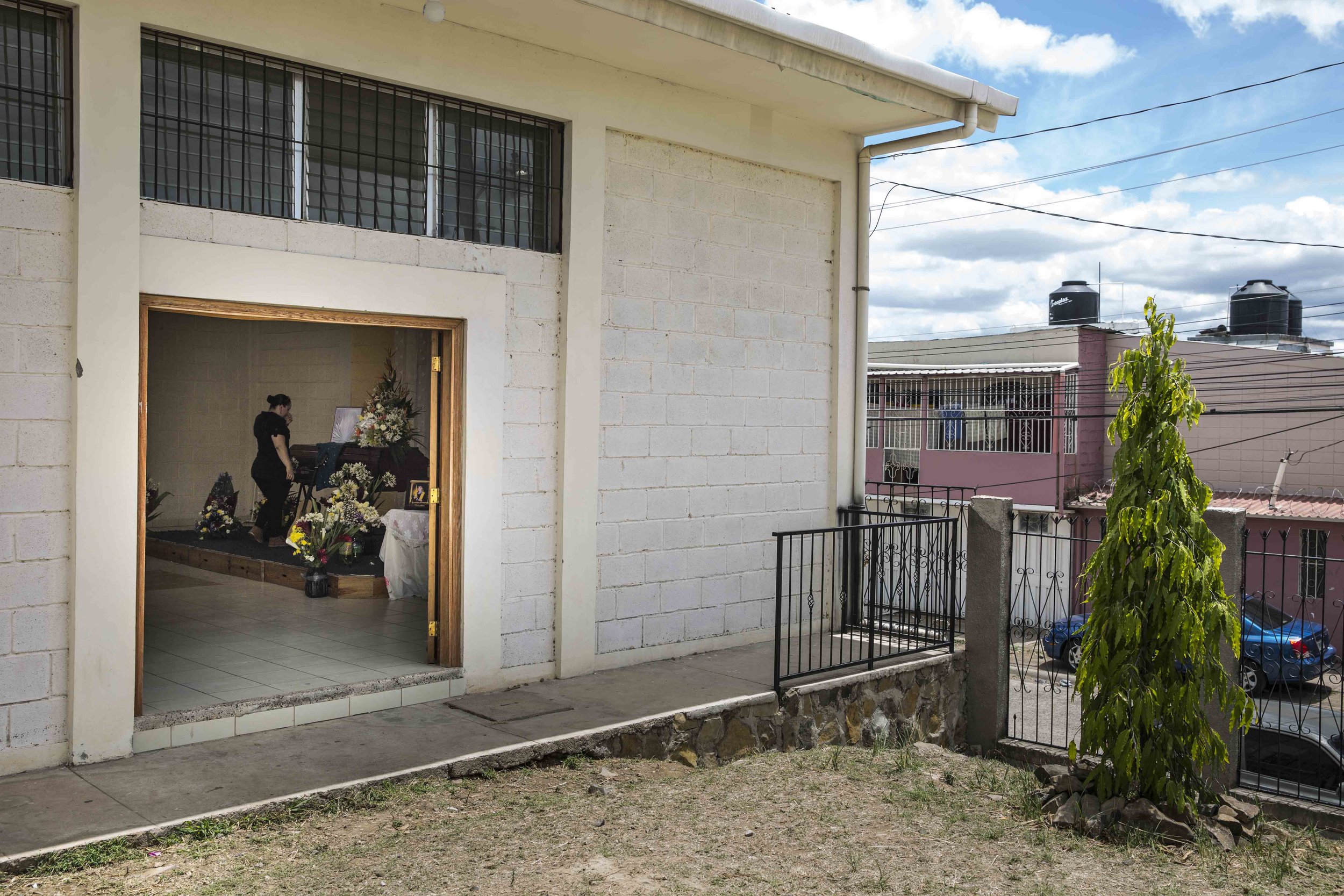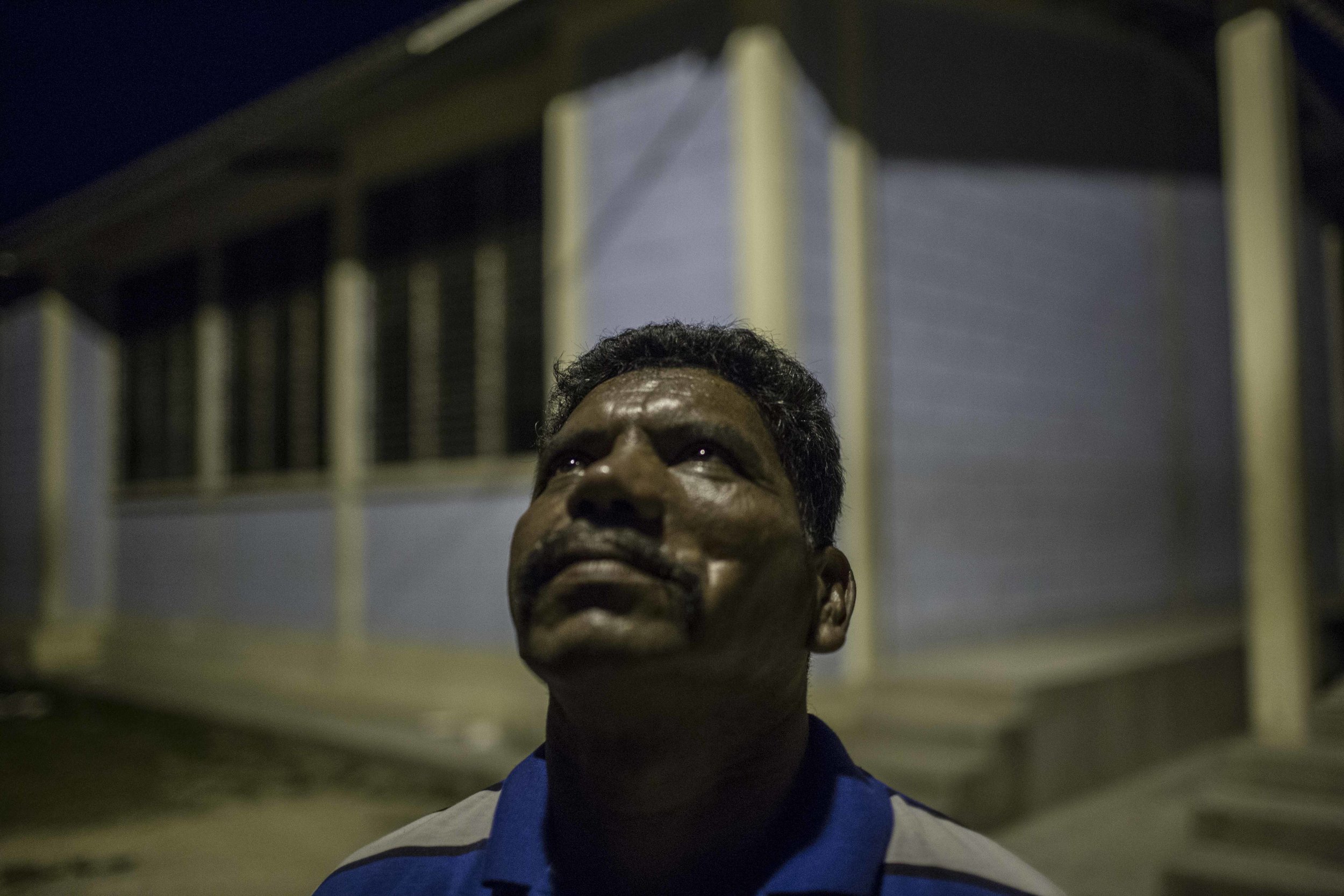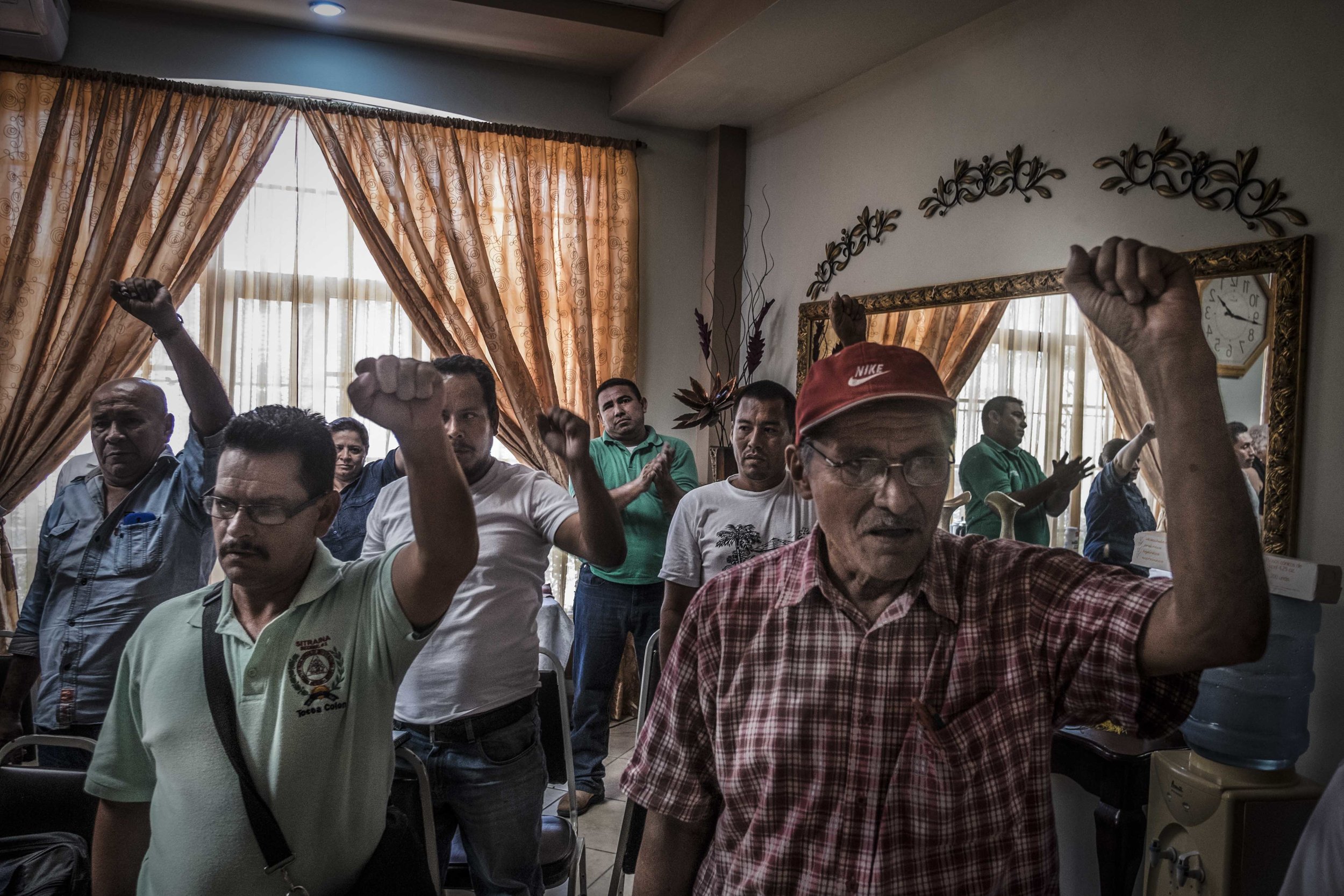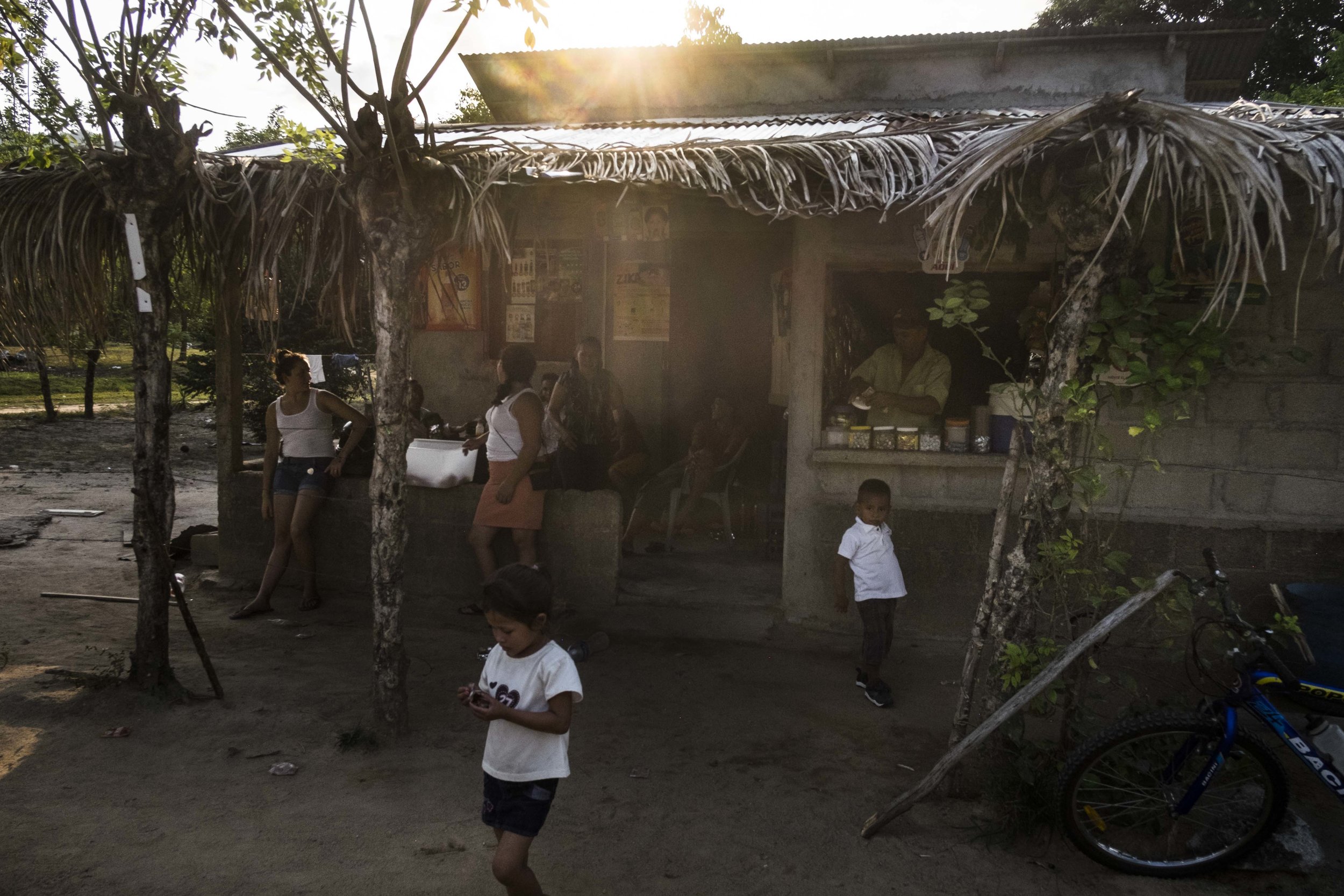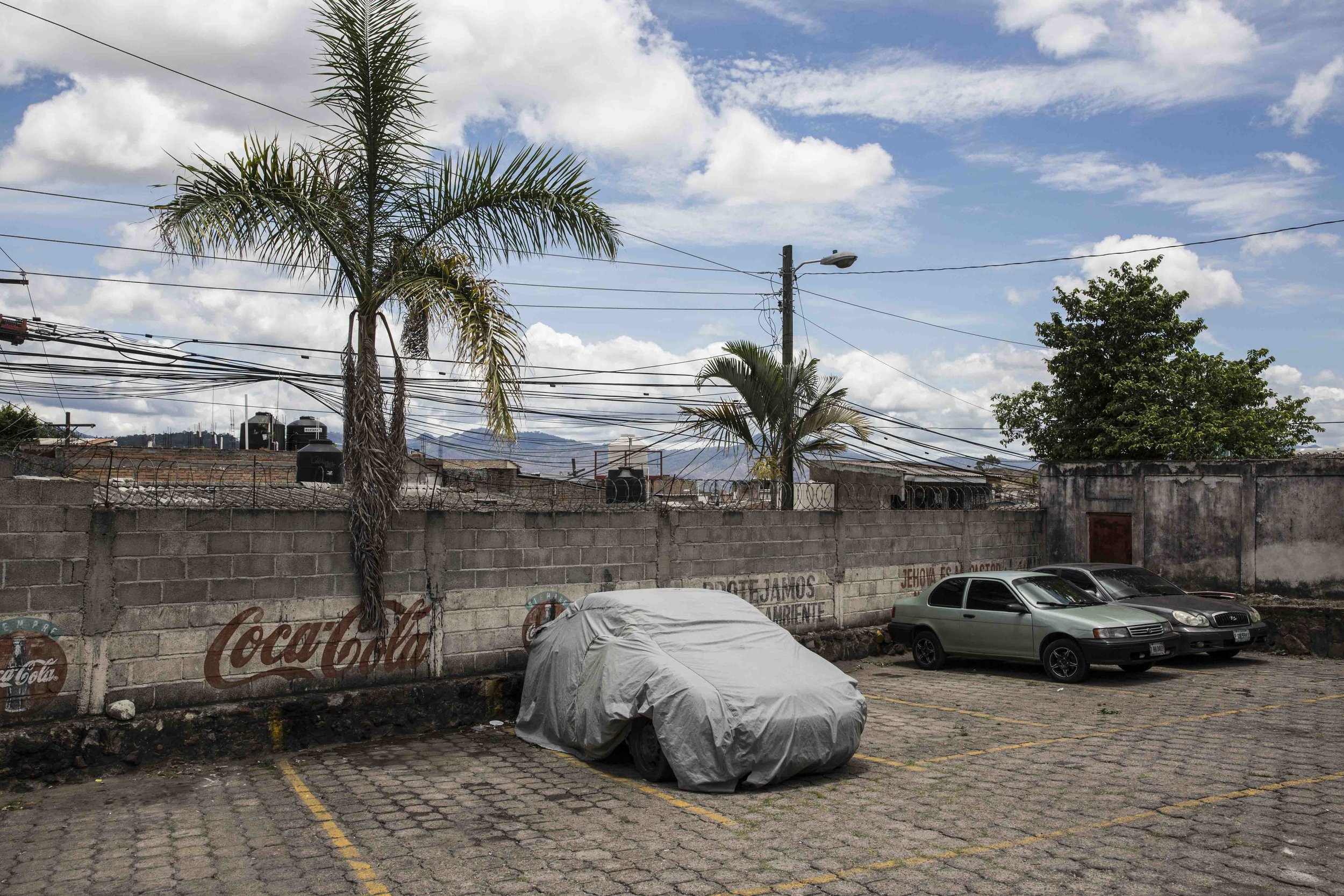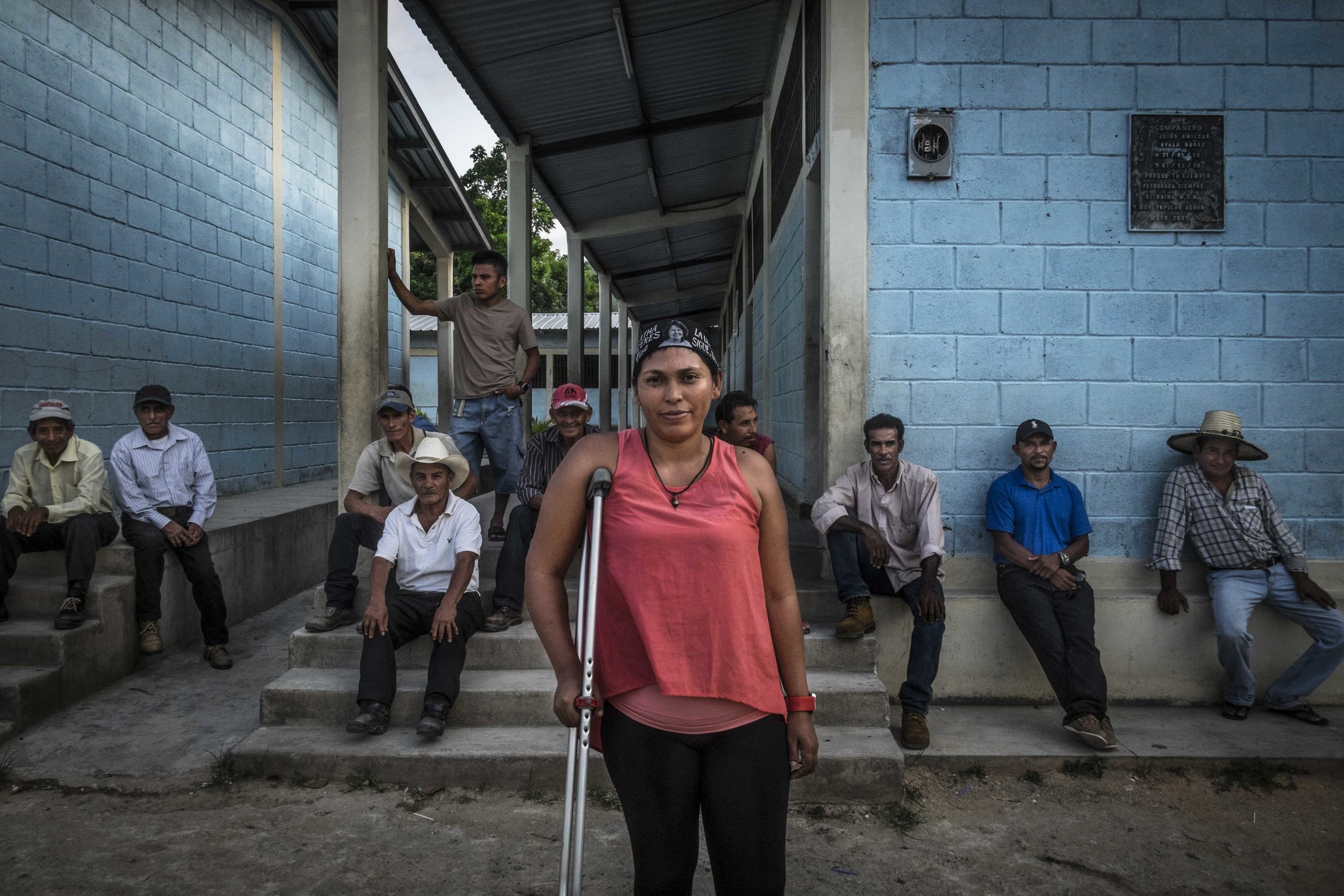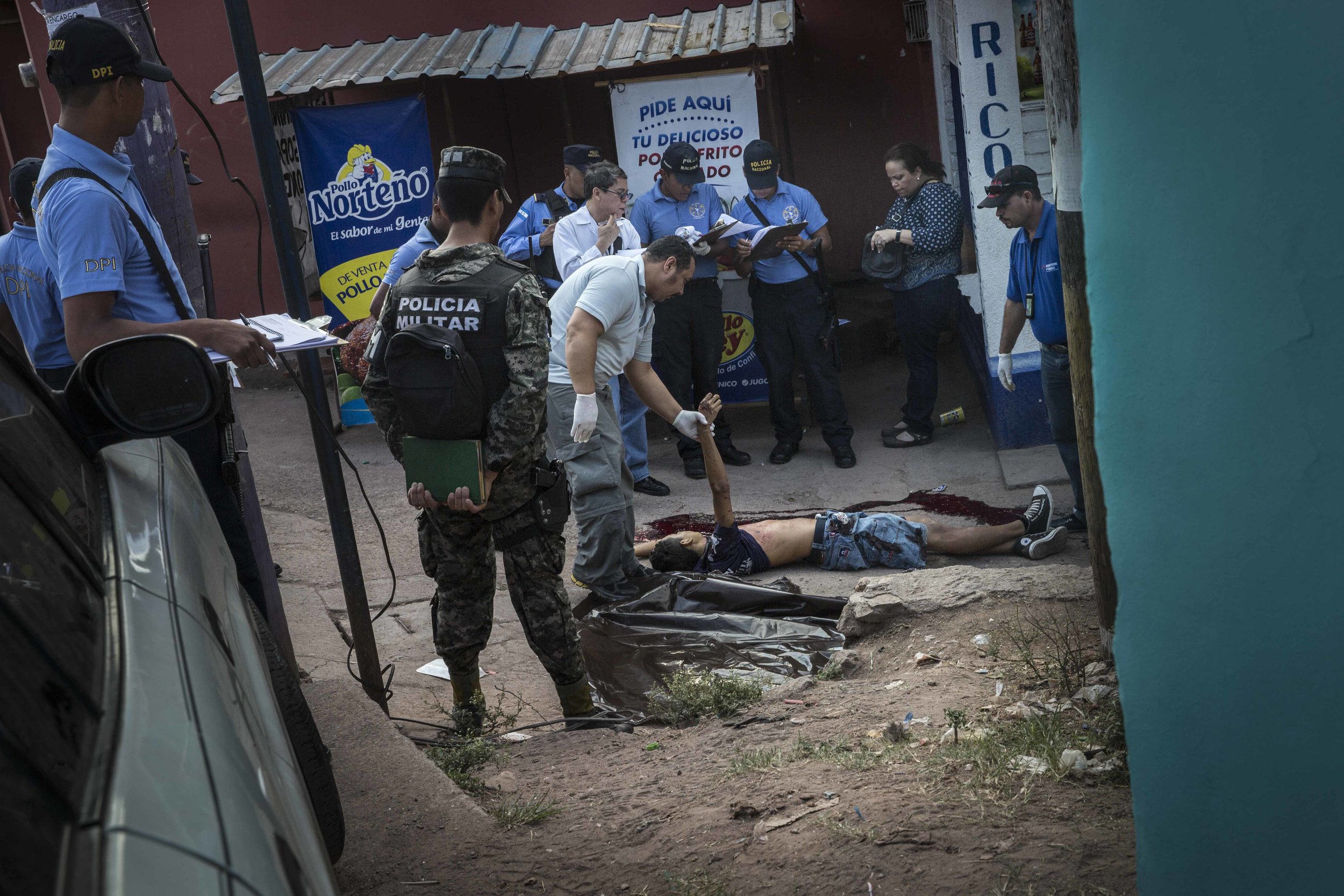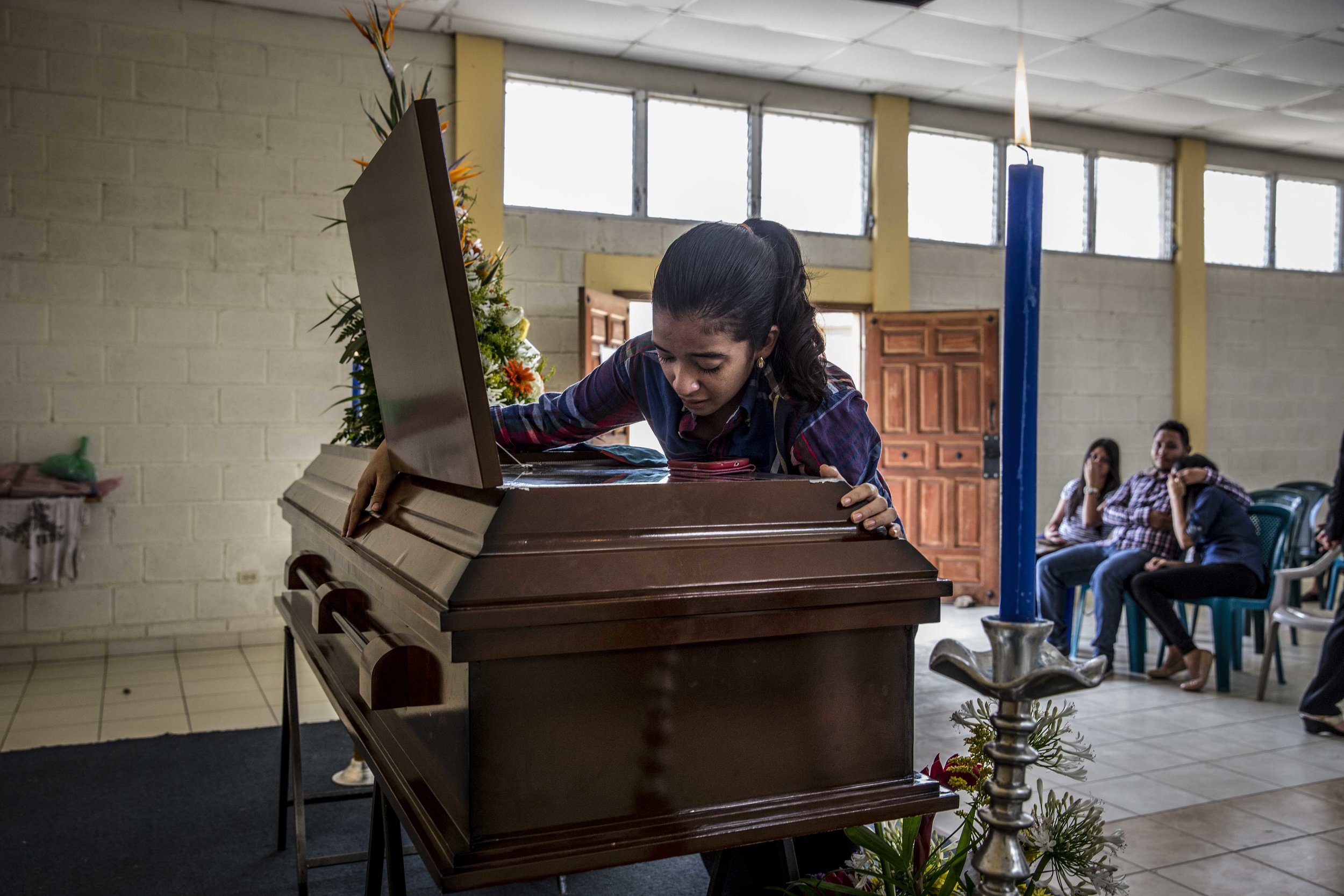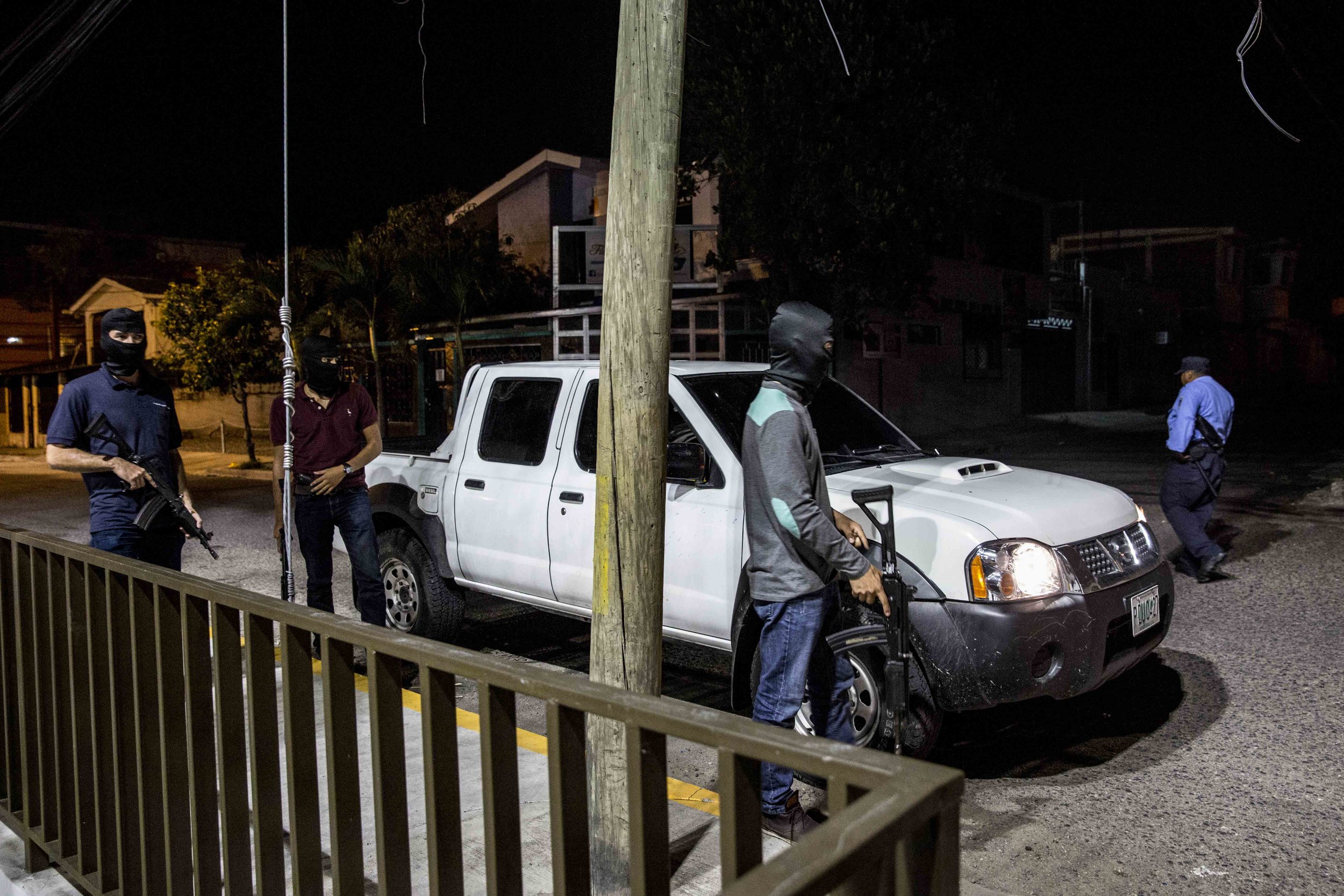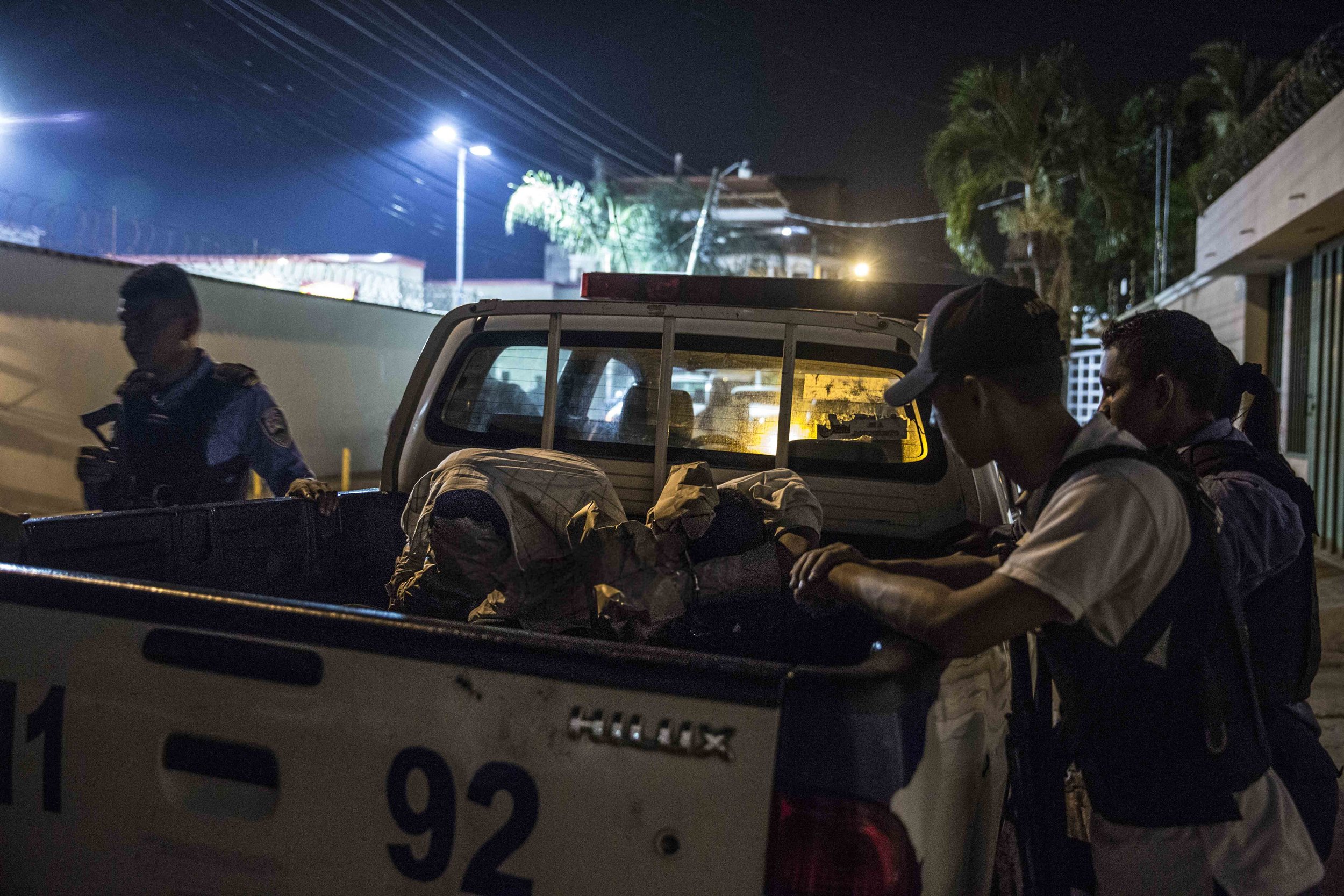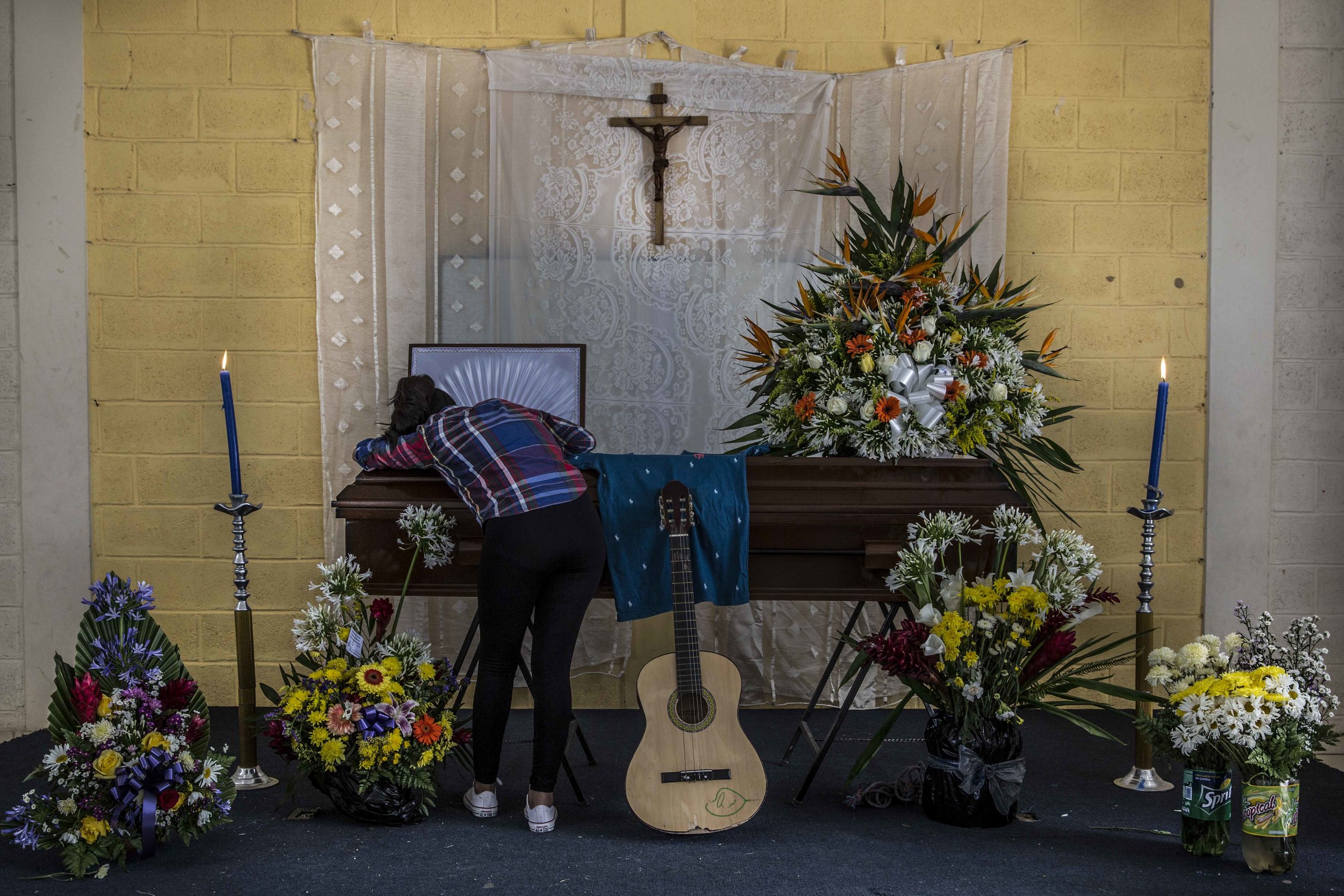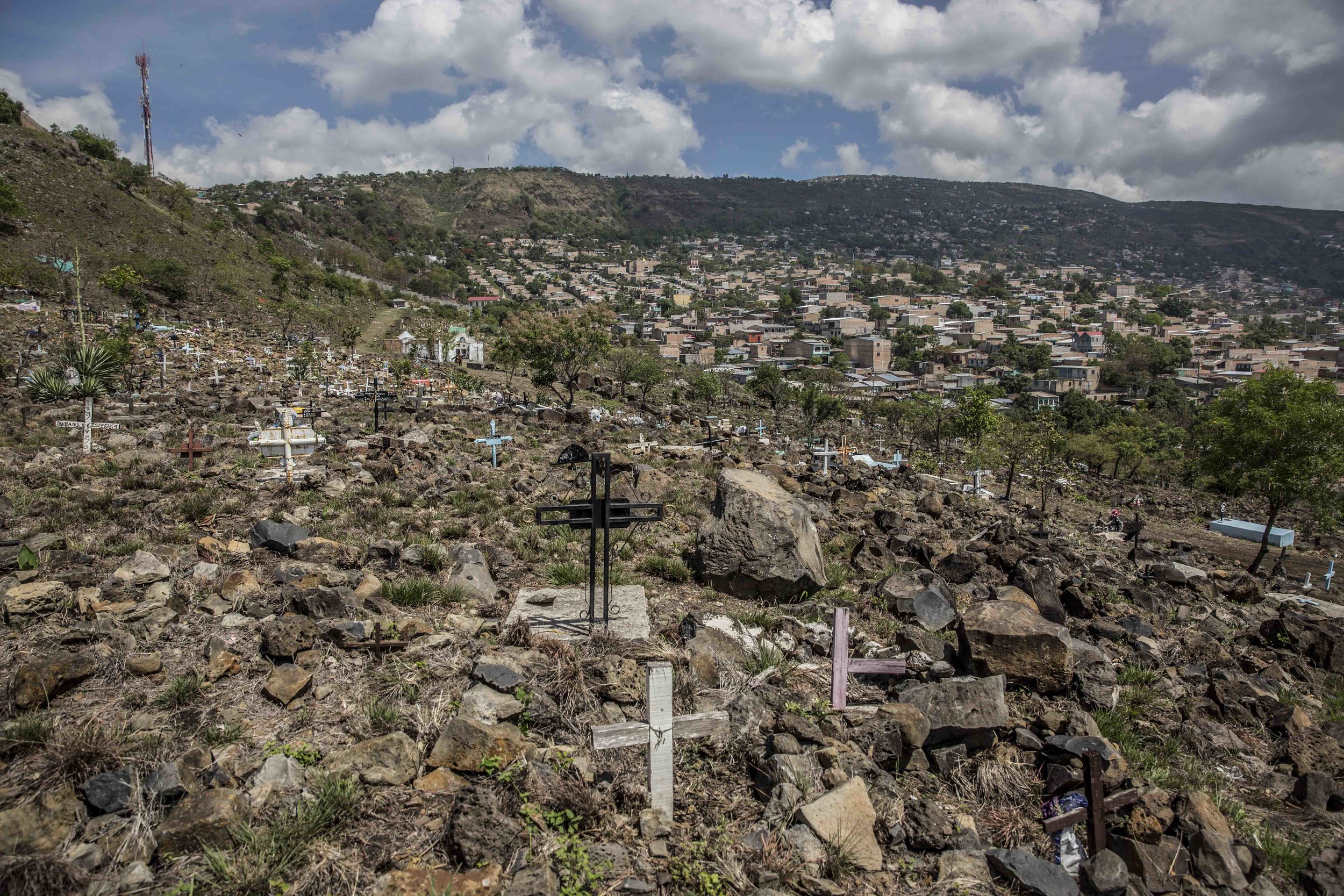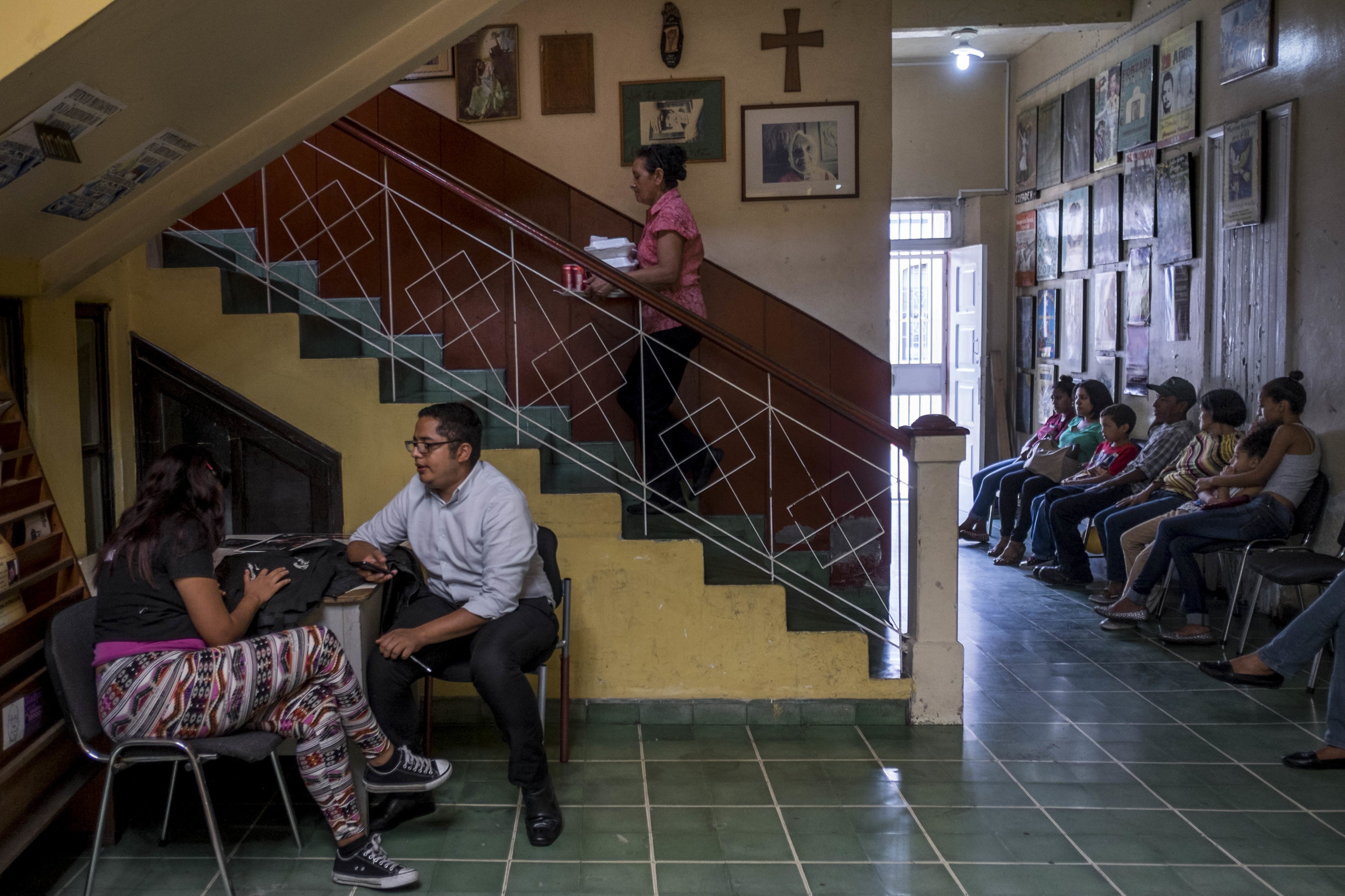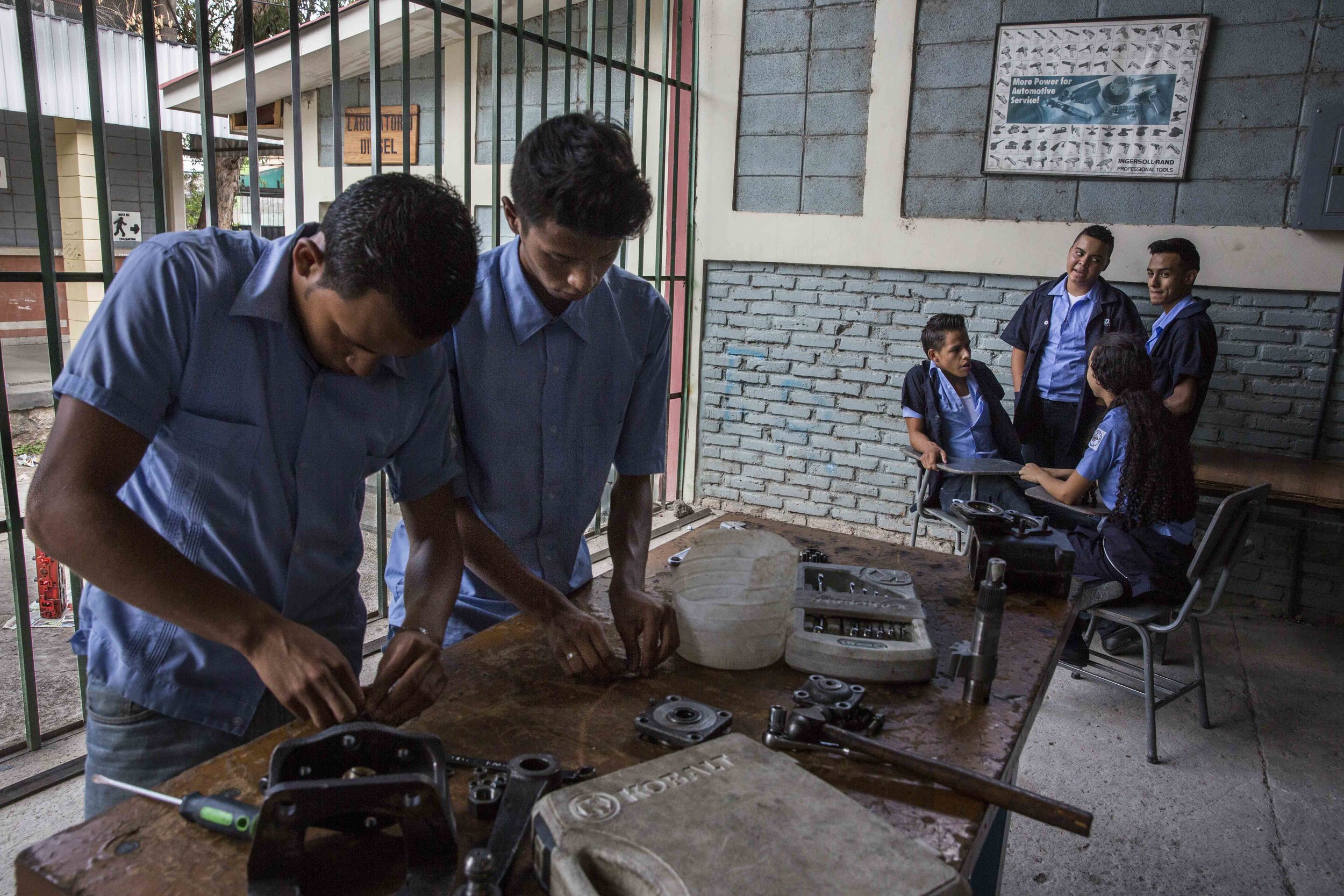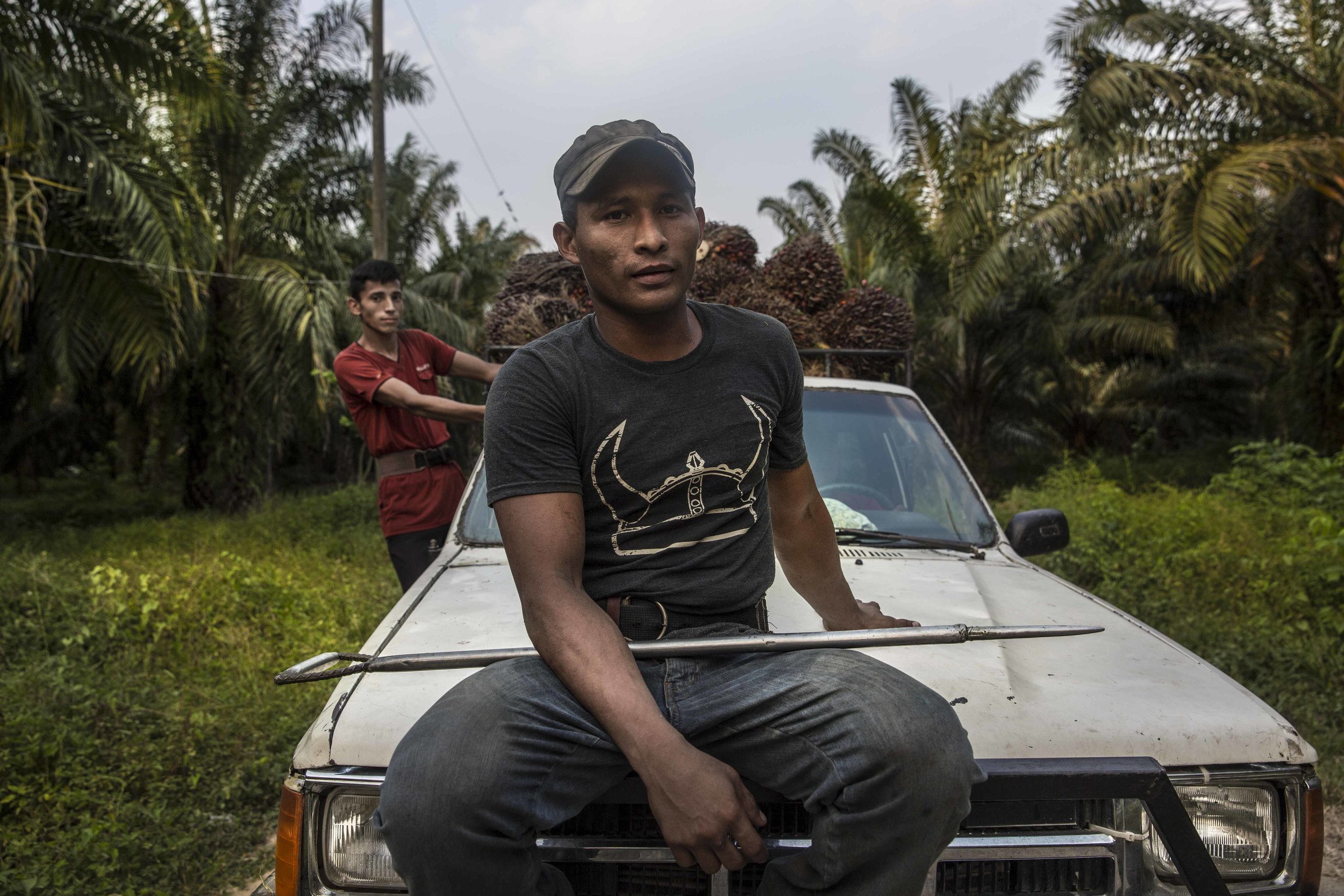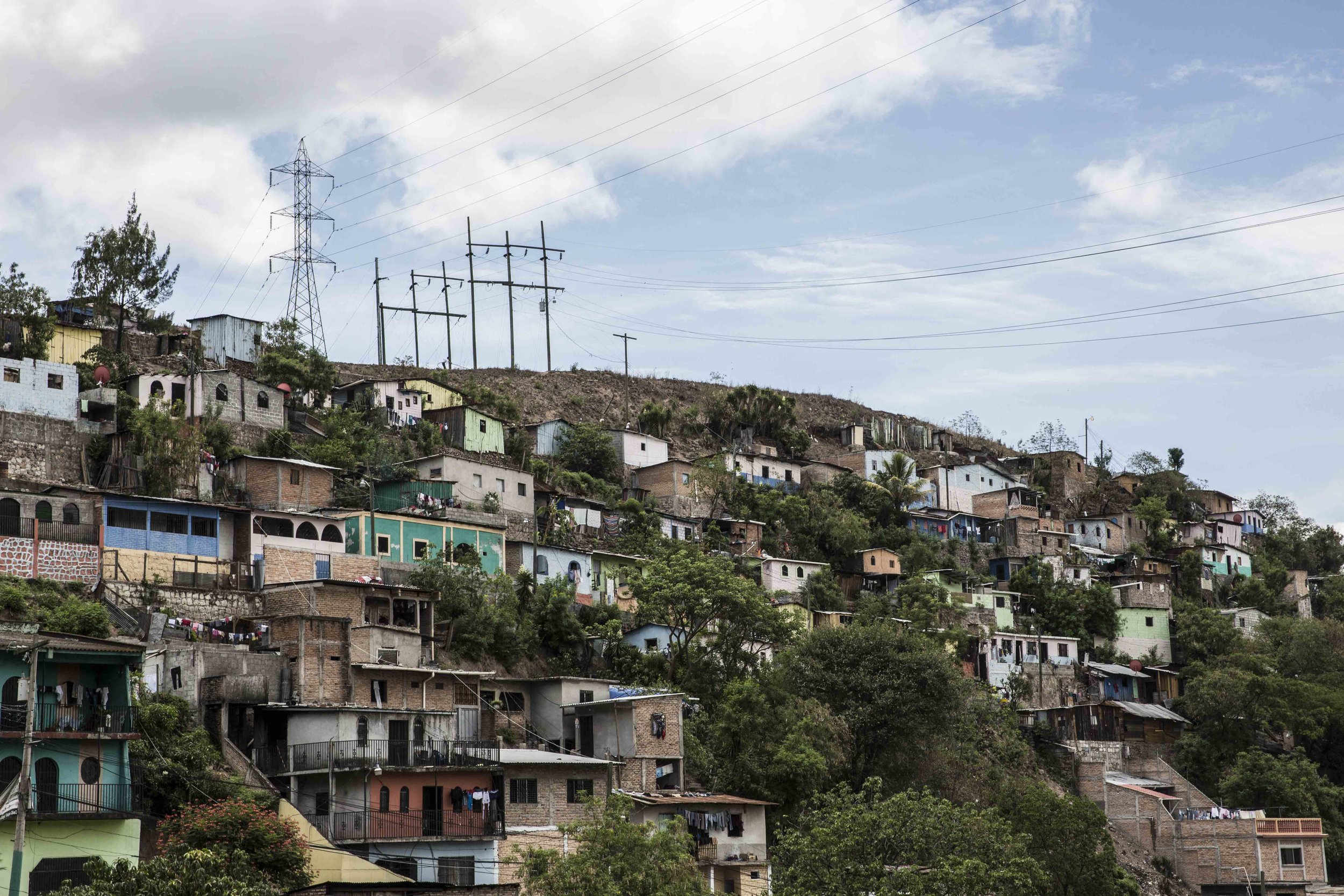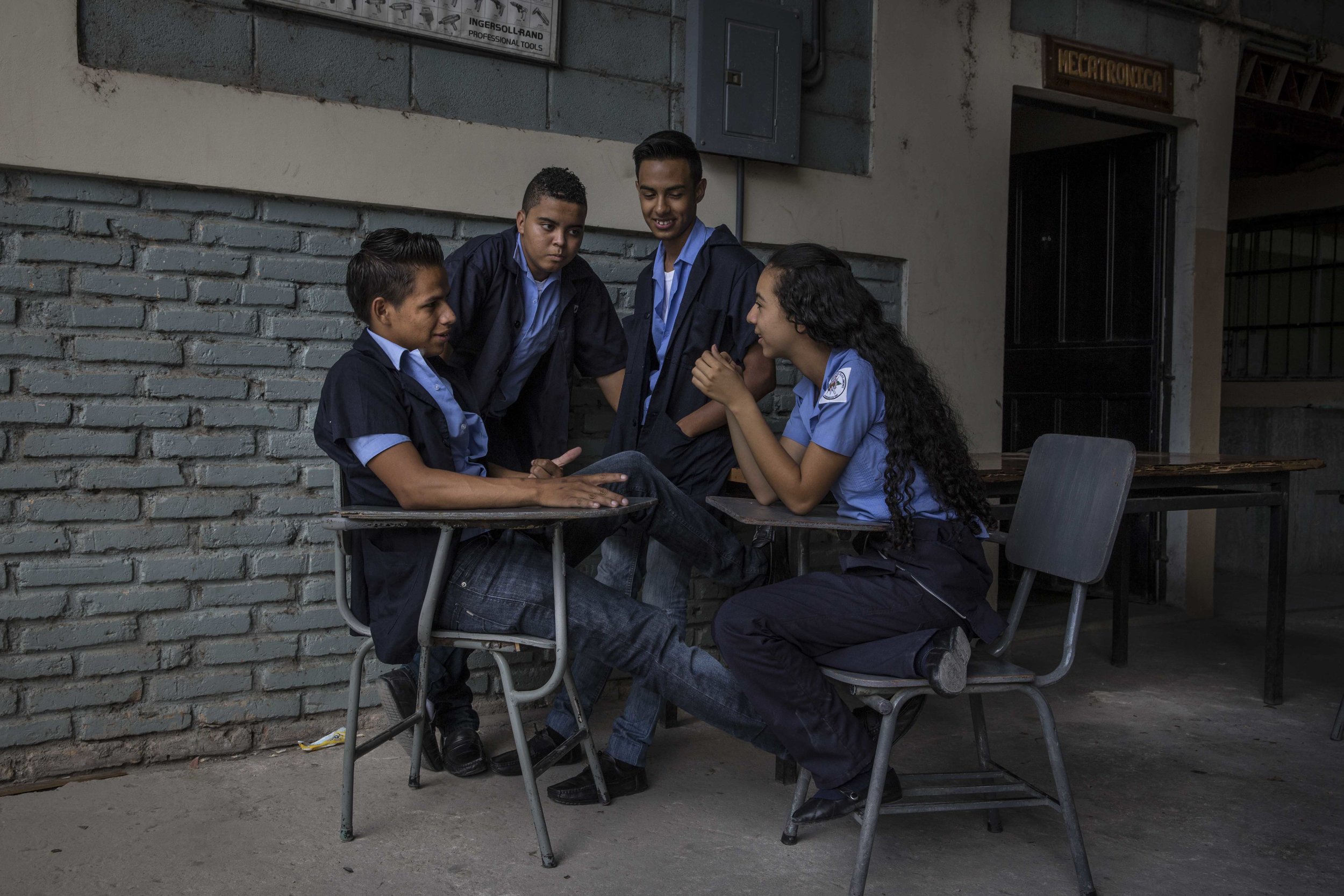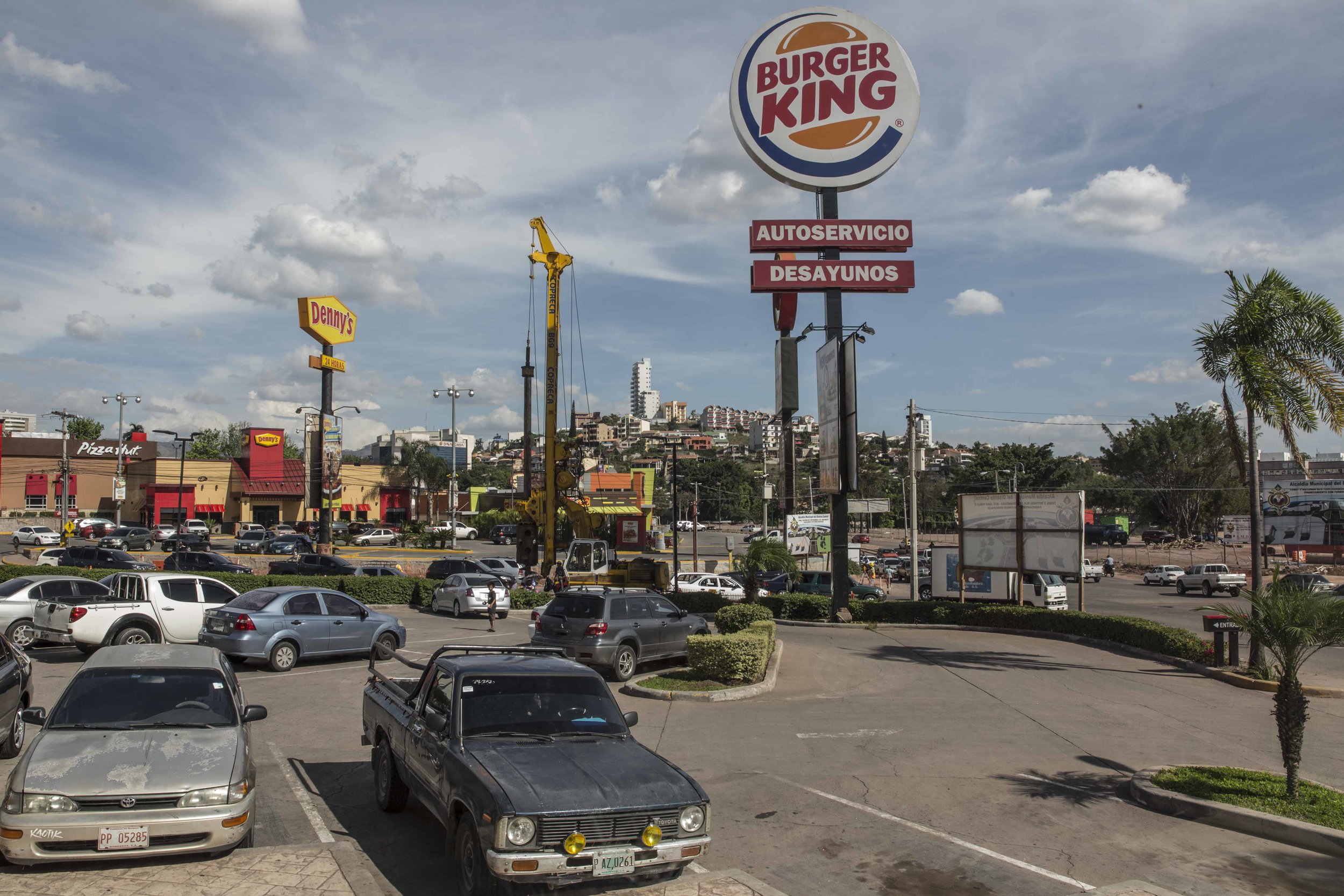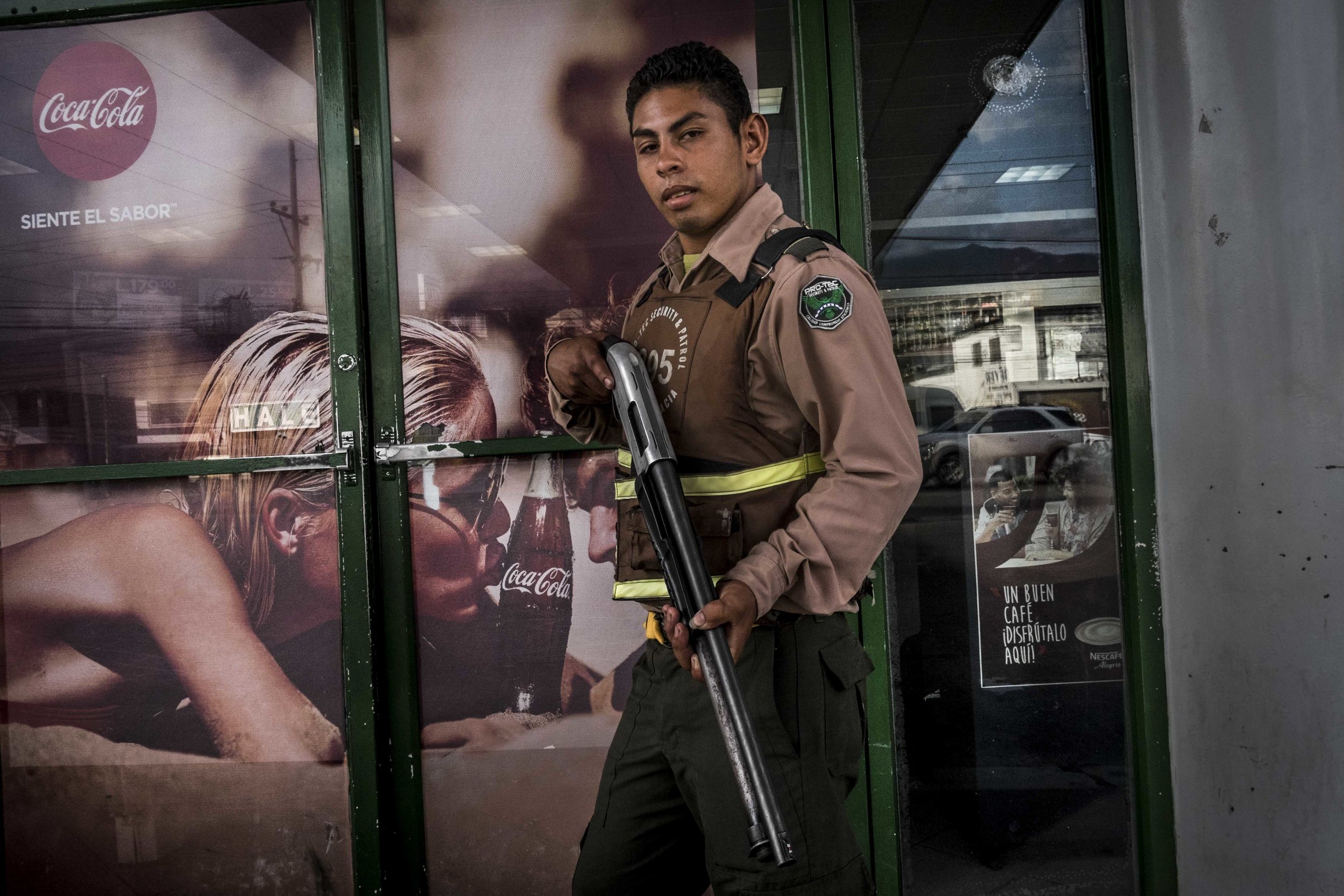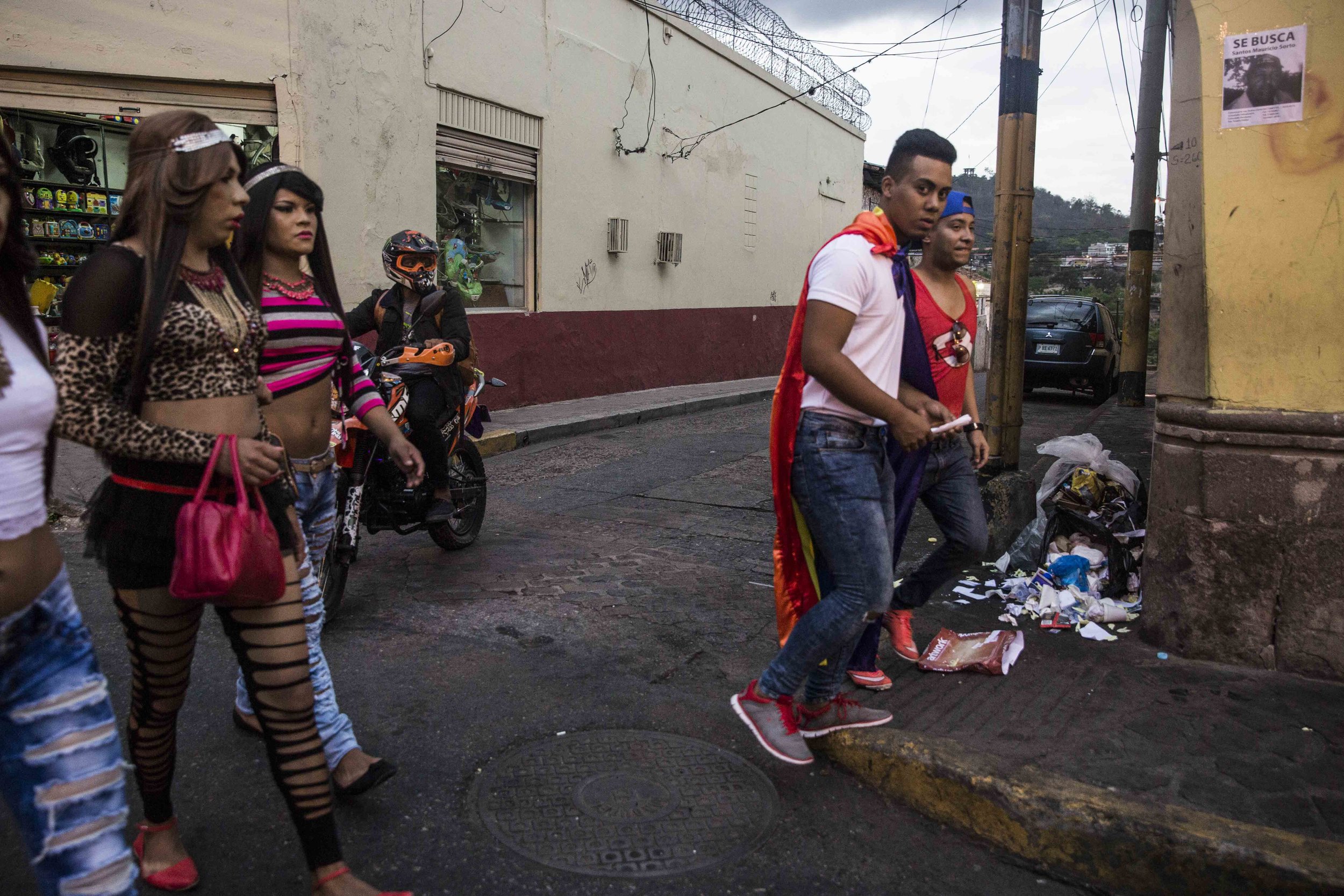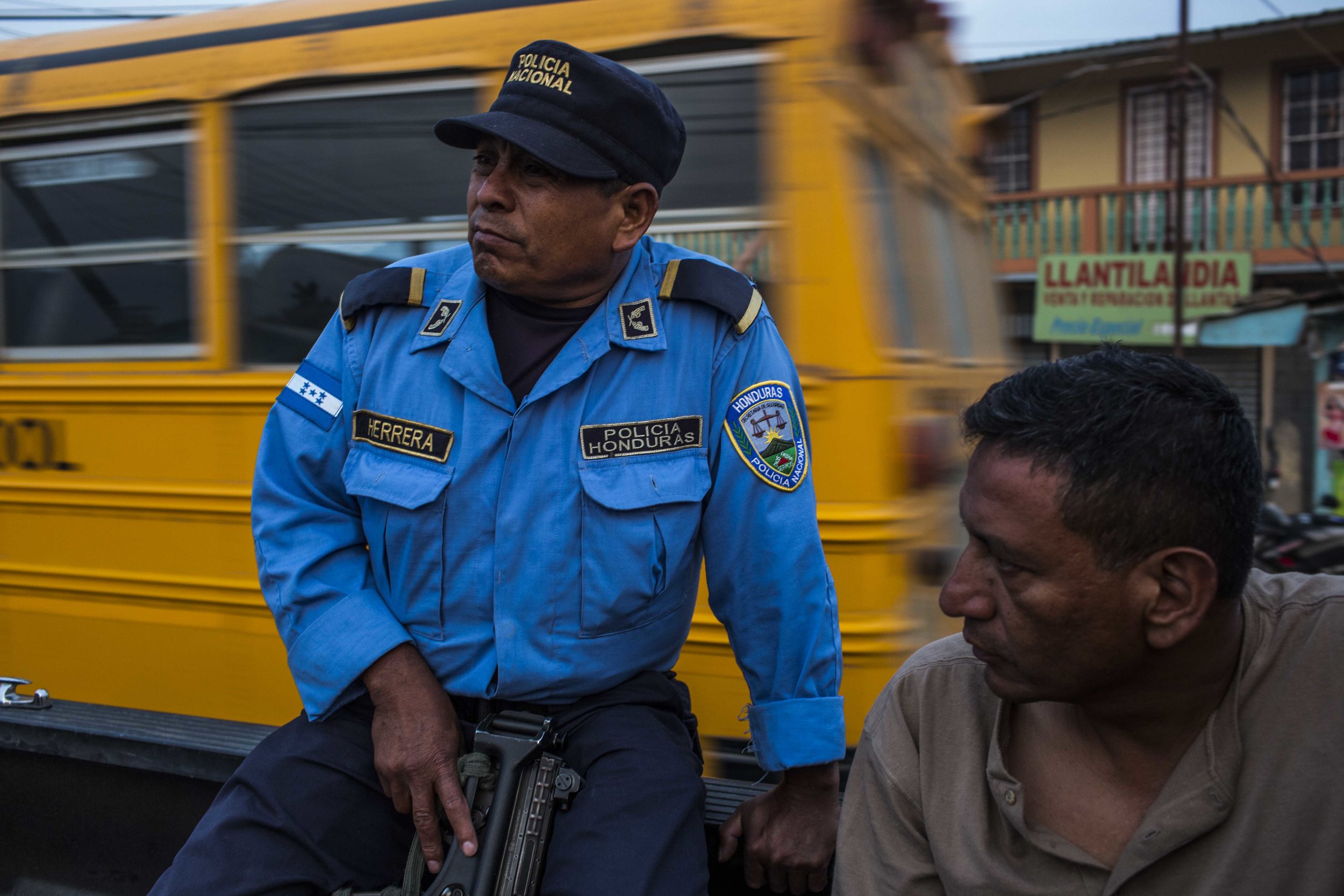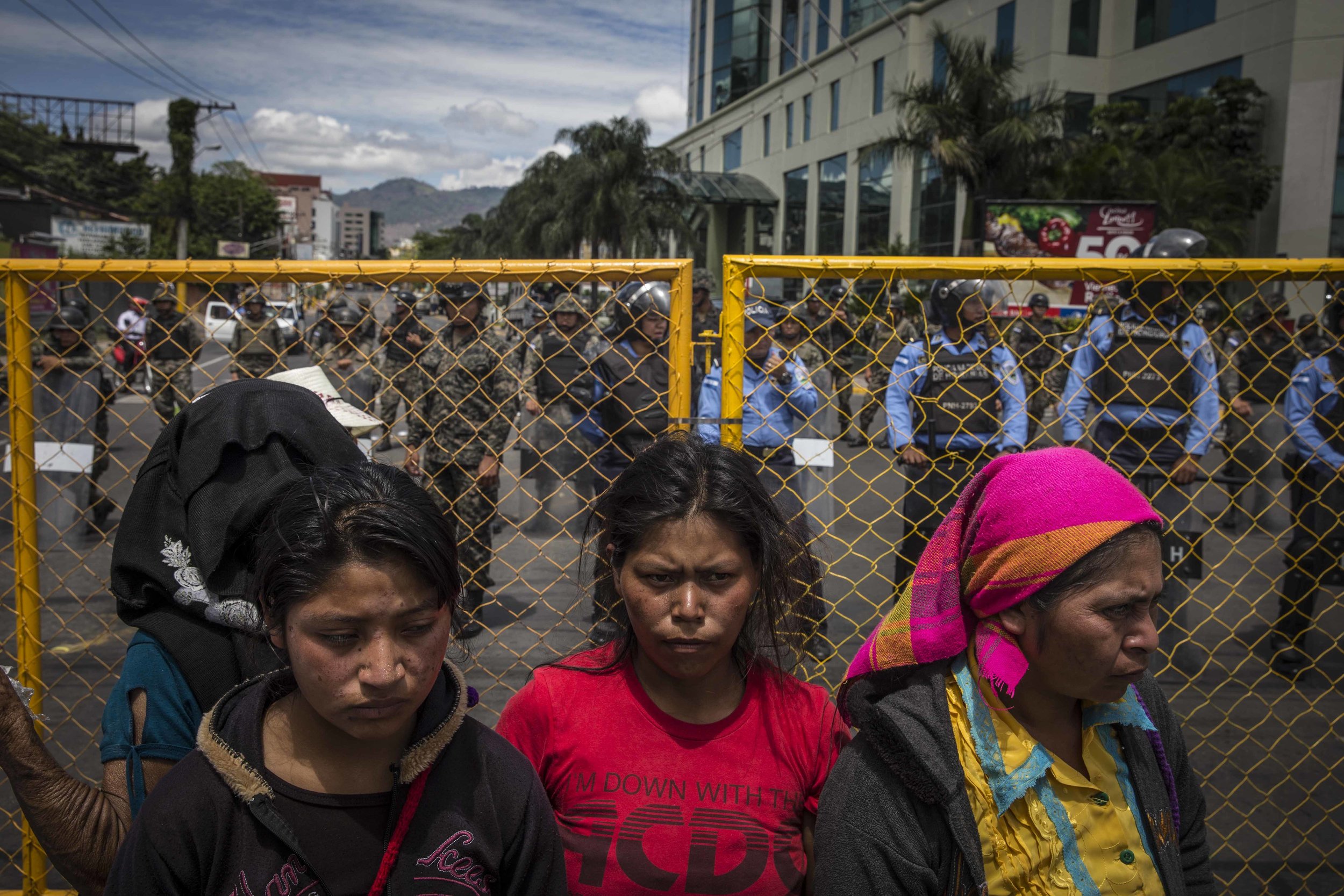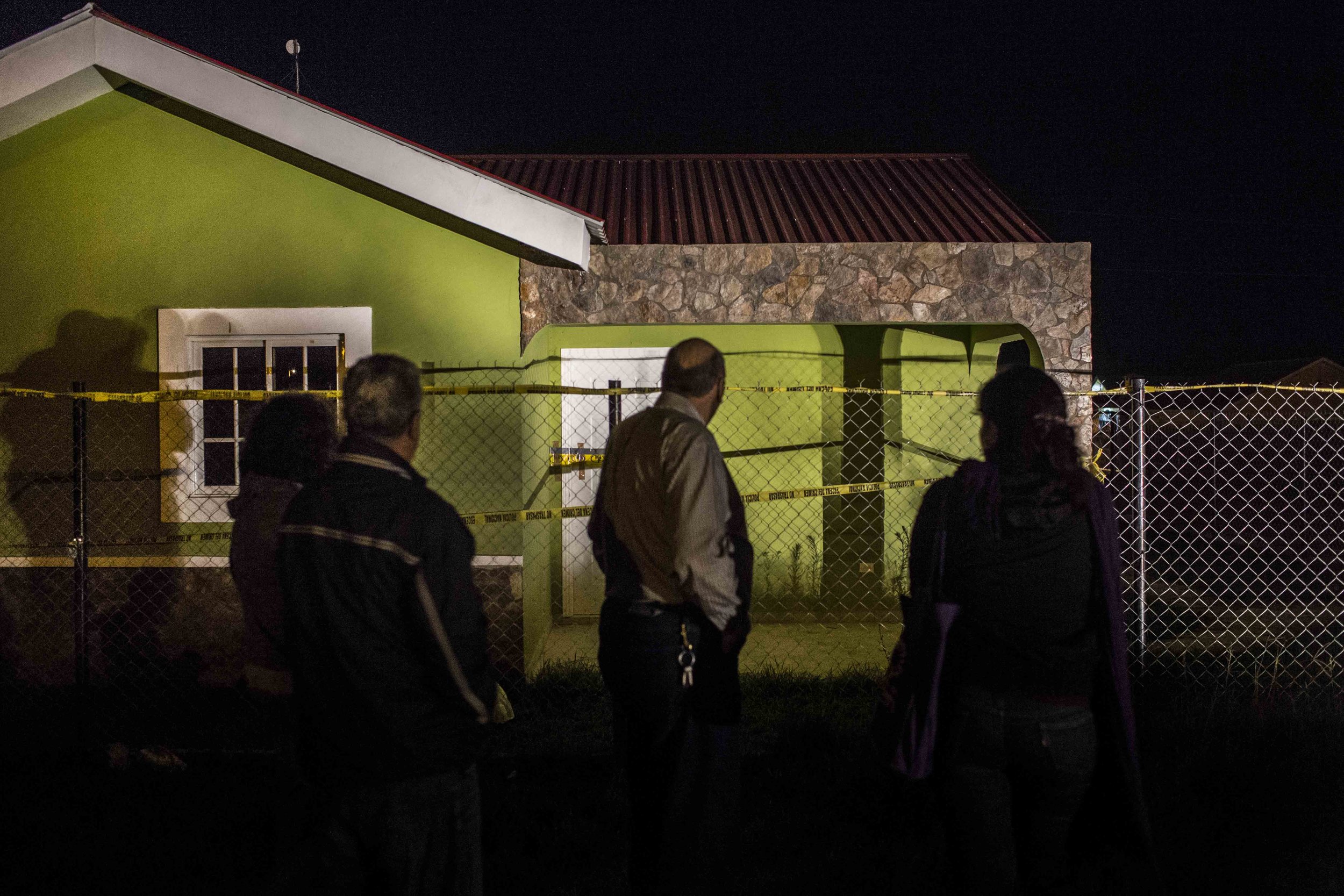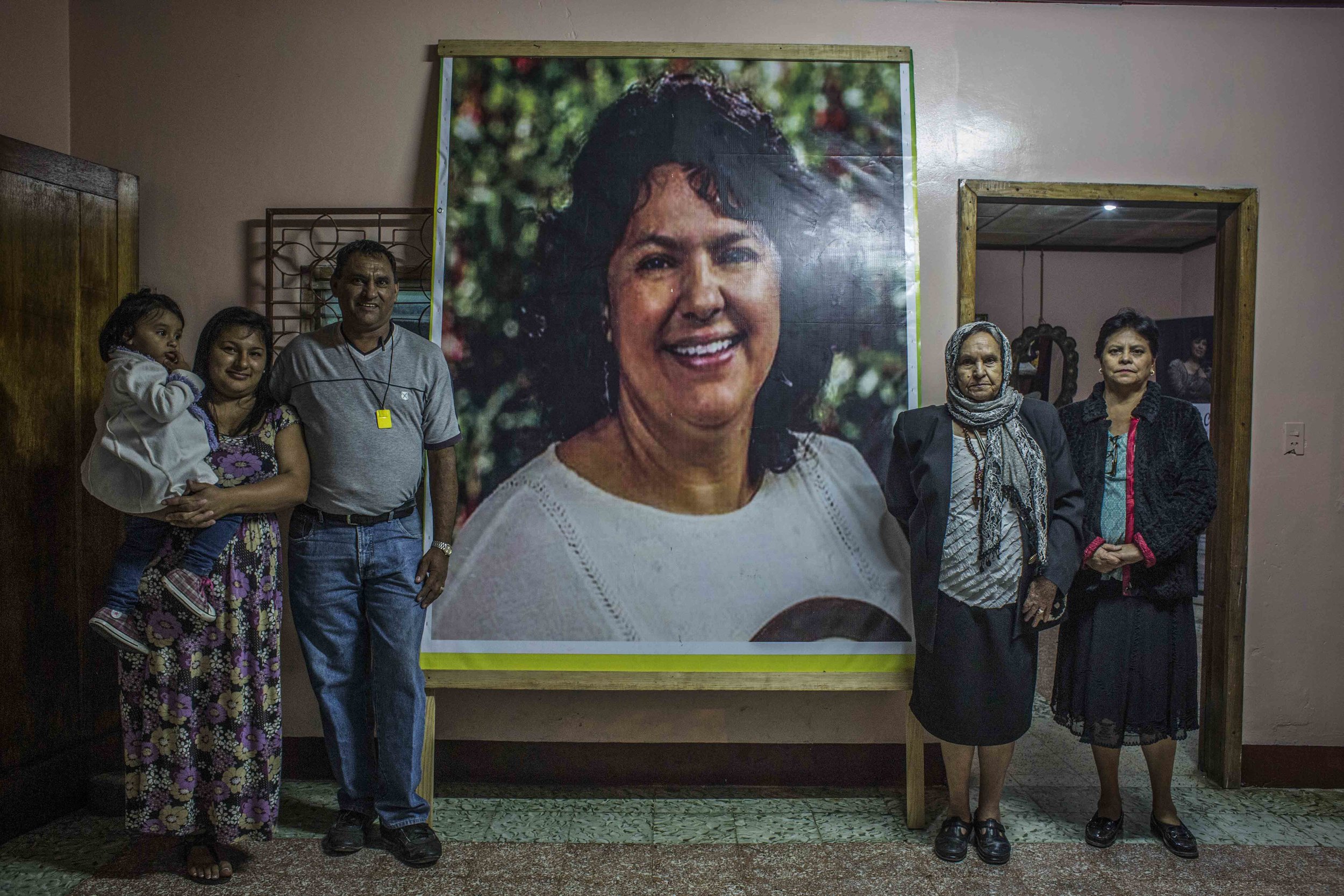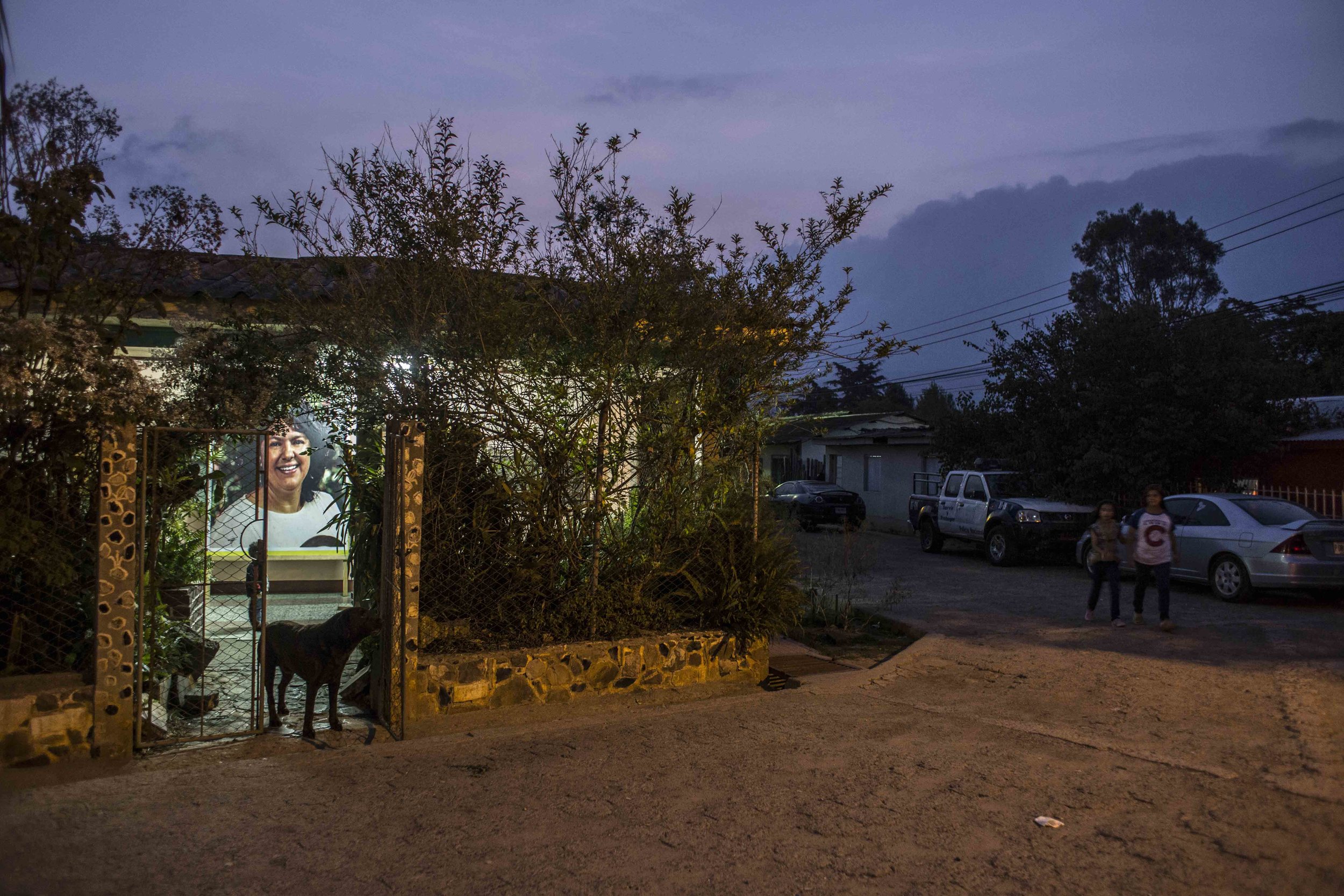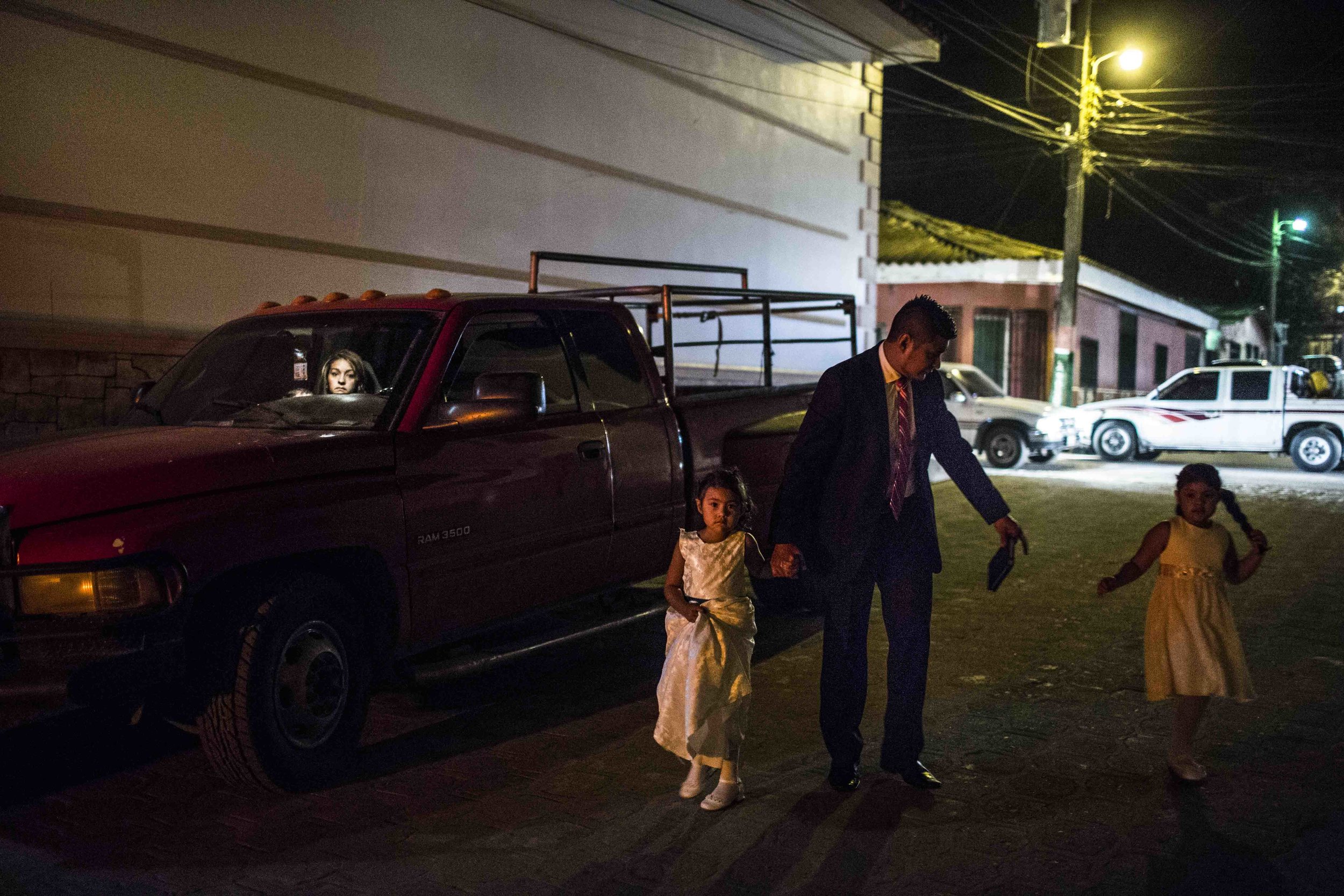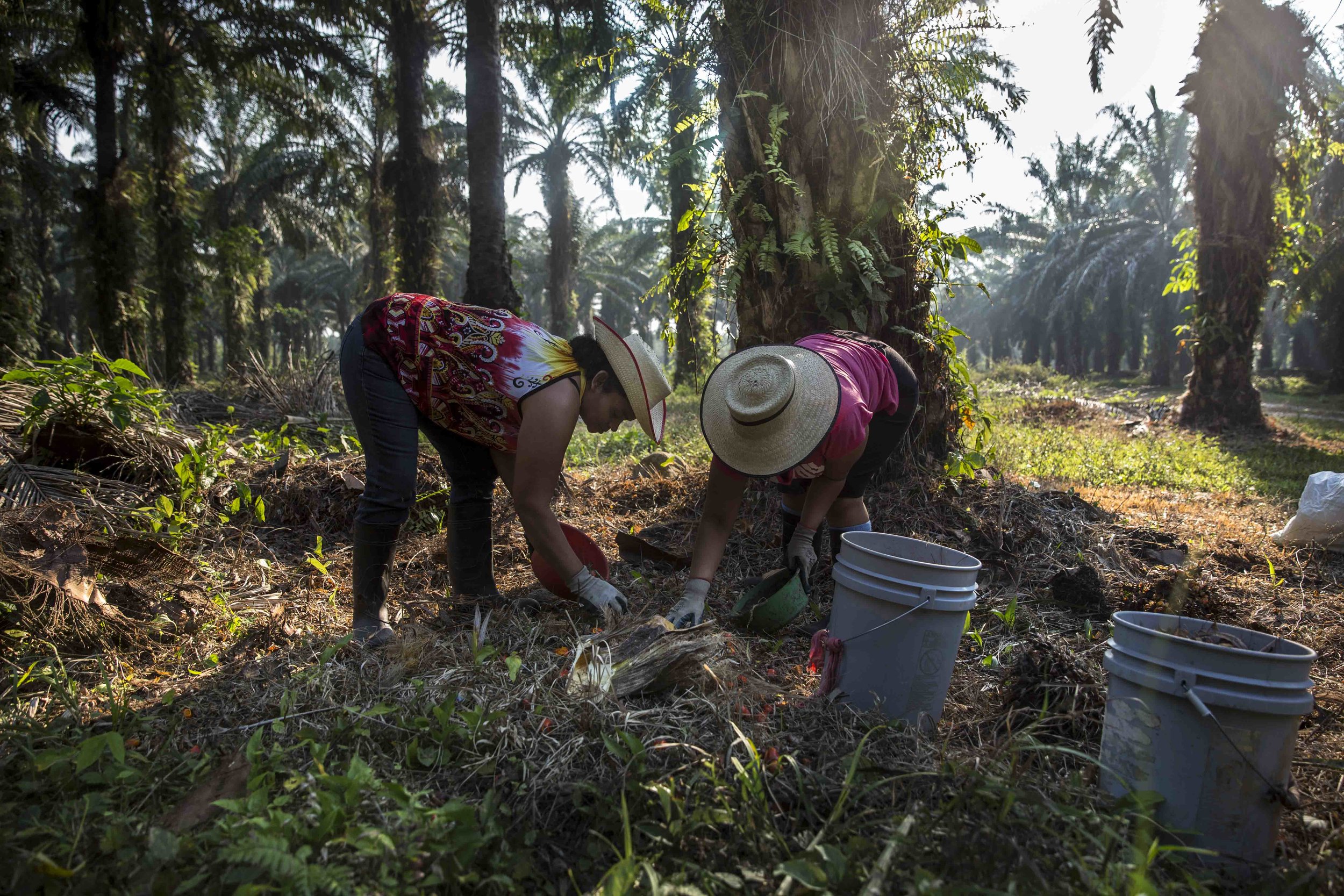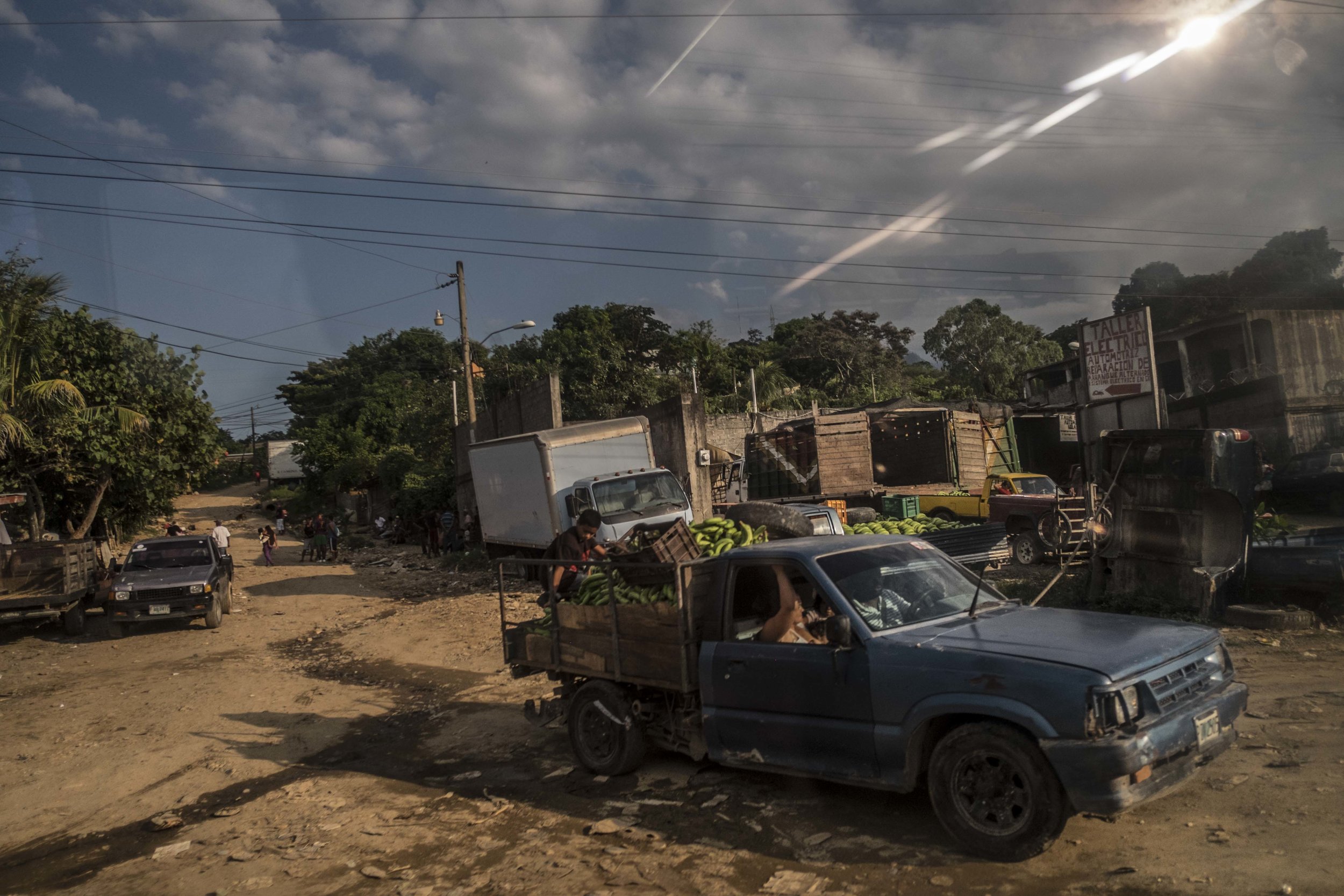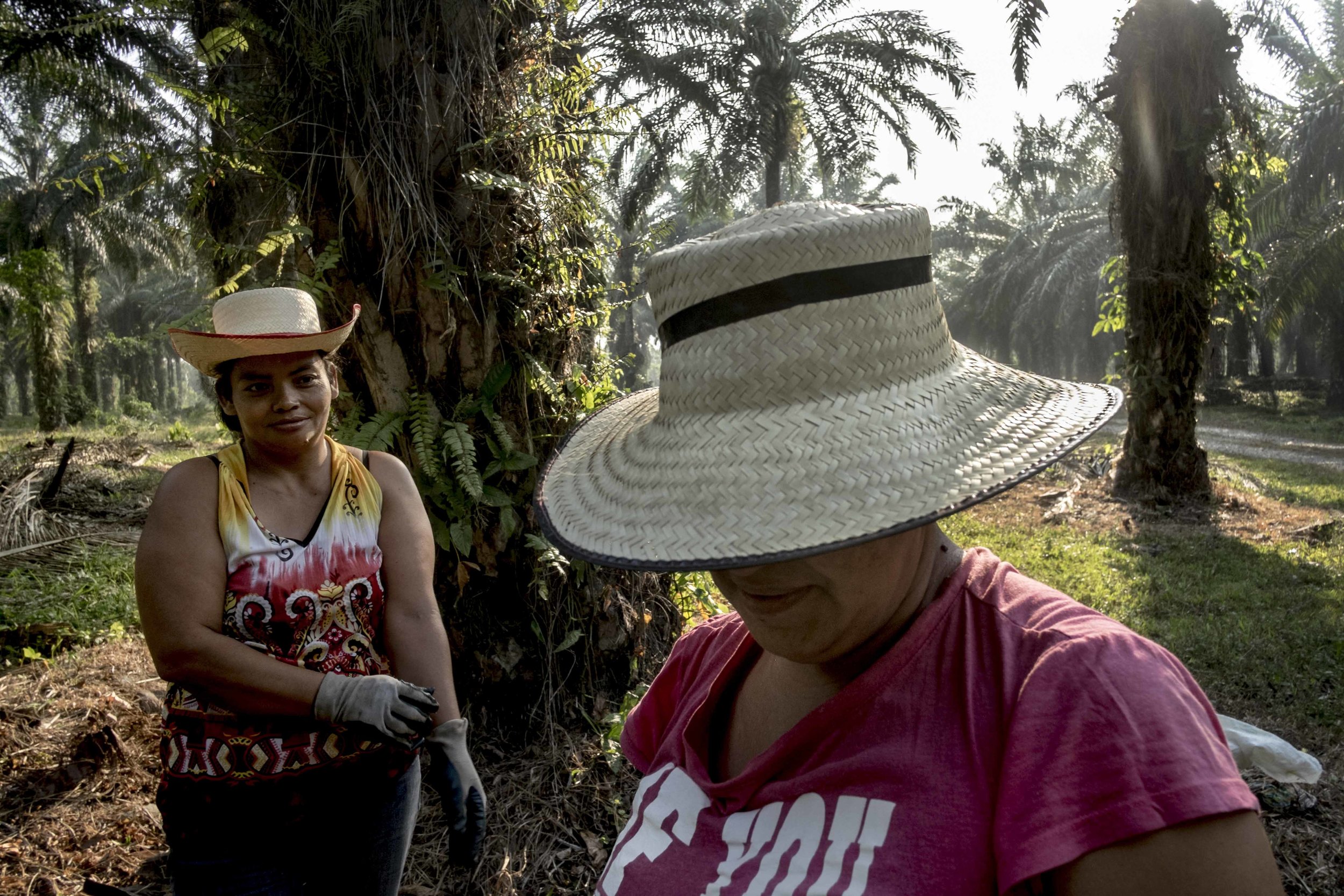HONDURAS
2016
Violence in Honduras is sometimes presented as random and wanton, or somehow involving drugs, but it can’t be separated from the acute poverty and ongoing struggle between farmers’ associations, indigenous activists and multinationals interests in the country.
In the early morning hours of March 3rd, 2016, internationally renowned environmental activist Berta Cáceres*, recipient of the prestigious 2015 Goldman environmental prize, was murdered in her hometown La Esperanza, in Honduras. Honduras is the deadliest country in the world to defend the natural world, where activists are killed for taking a stand against destructive dam, mining, logging and agriculture projects.
Her murder put on the front pages of international newspapers a long going conflict between indigenous communities and companies benefiting from the Honduran system which allowed this kind of project to boom since the coup of June 2009.
Her murder triggered international condemnation but failed to stop the bloodshed.
According to NGO Global Witness at least 123 people were killed in Honduras between 2010 and 2017 for opposing infrastructure and logging projects. Killings are the most extreme manifestation of a systematic crackdown on environmental and land defenders in Honduras.
But not only, her murder tells a story of militarization of the Honduran society as the only answer to social problems caused by a model that impoverishes, and the criminalization of those people who oppose that very same model.
Berta Caceres’s assassinations is emblematic of a situation that tells that corporations are fearless. Threat fear and violence are extremely common in the country.
This adds to the fact that, in Honduras, more than ninety per cent of violent crimes remain unsolved. And while peasants communities fight their battles against company-funded armed forces on the eastern Atlantic coast of the country, the capital Tegucigalpa is controlled by gangs and the violence and crime has reached an unprecedented level.
Young people tend to leave the countryside areas to pour into big the two major cities of Honduras, Tegucigalpa and San Pedro Sula, where they find no job opportunity and this makes them more likely to end up working for the gangs.
This reportage is an ongoing project that aims to portray a country whose human rights violations and extreme level of violence and poverty lead persistently increasing levels of youth and family migration. These groups are fleeing dangerous conditions within their countries, and will continue to do so while these root causes remain unaddressed.
*Berta Careers founded the indigenous rights group Copinh (Council of Popular and Indigenous Organizations of Honduras) and has been fighting for years in defence of the native Lenca people and the Gualcarque river, and against land exploitation and the Agua Zarca hydroelectric plant projects, a series of dams that would generate energy power but also undermine the access to the river of the Lenca people, who consider it a spiritual and natural symbol of their community. Berta Caceres herself was daughter of a Lenca leader.
